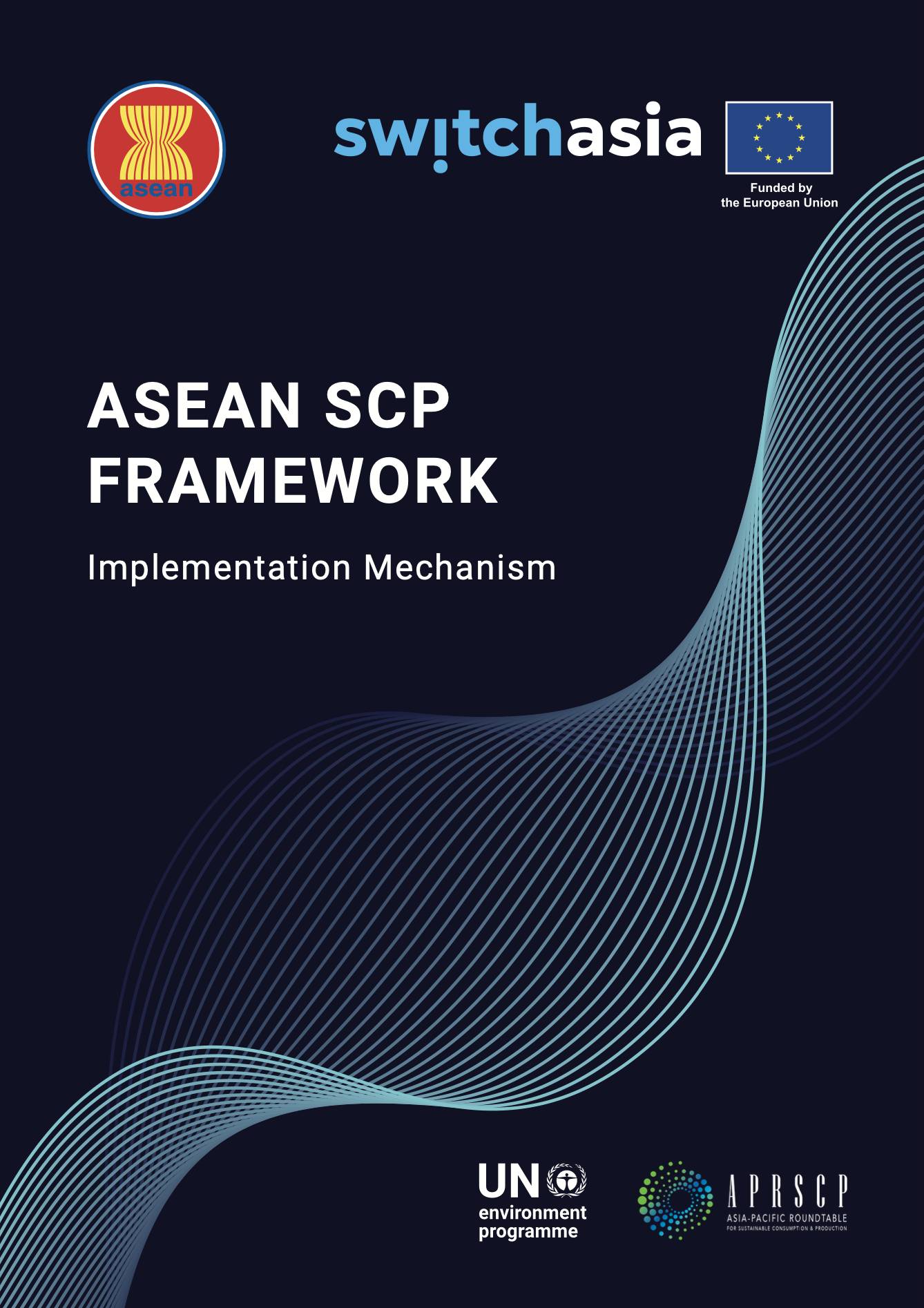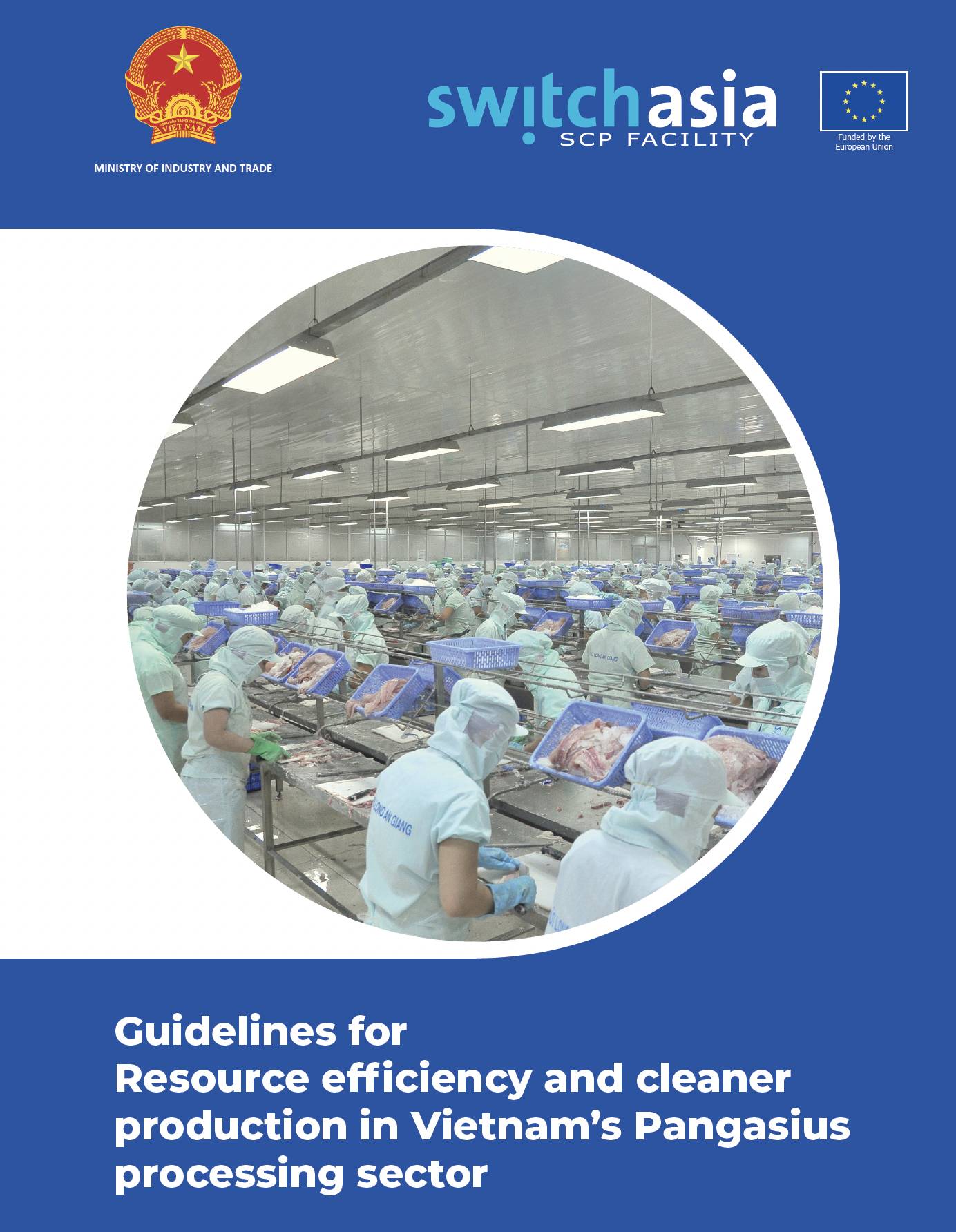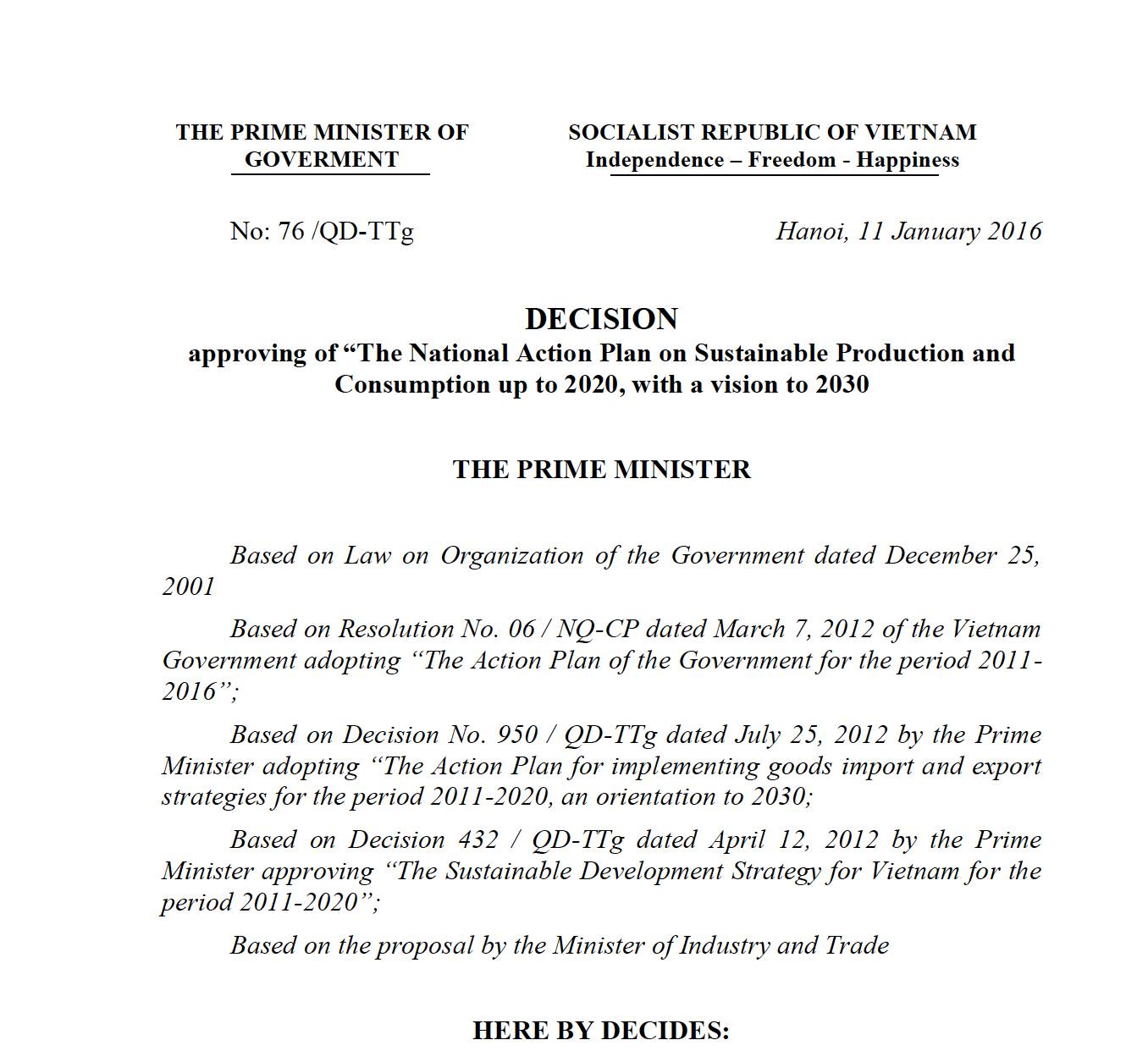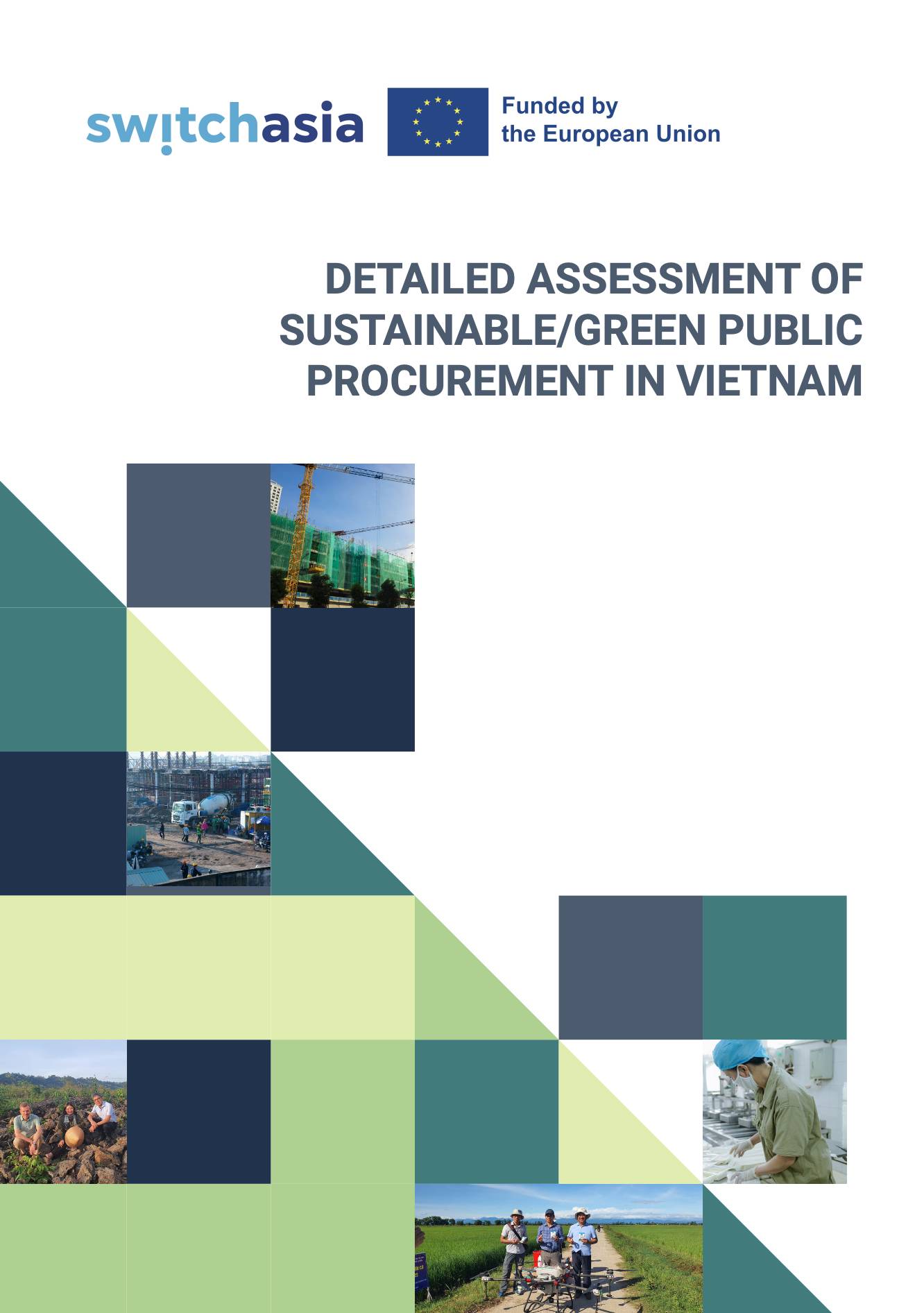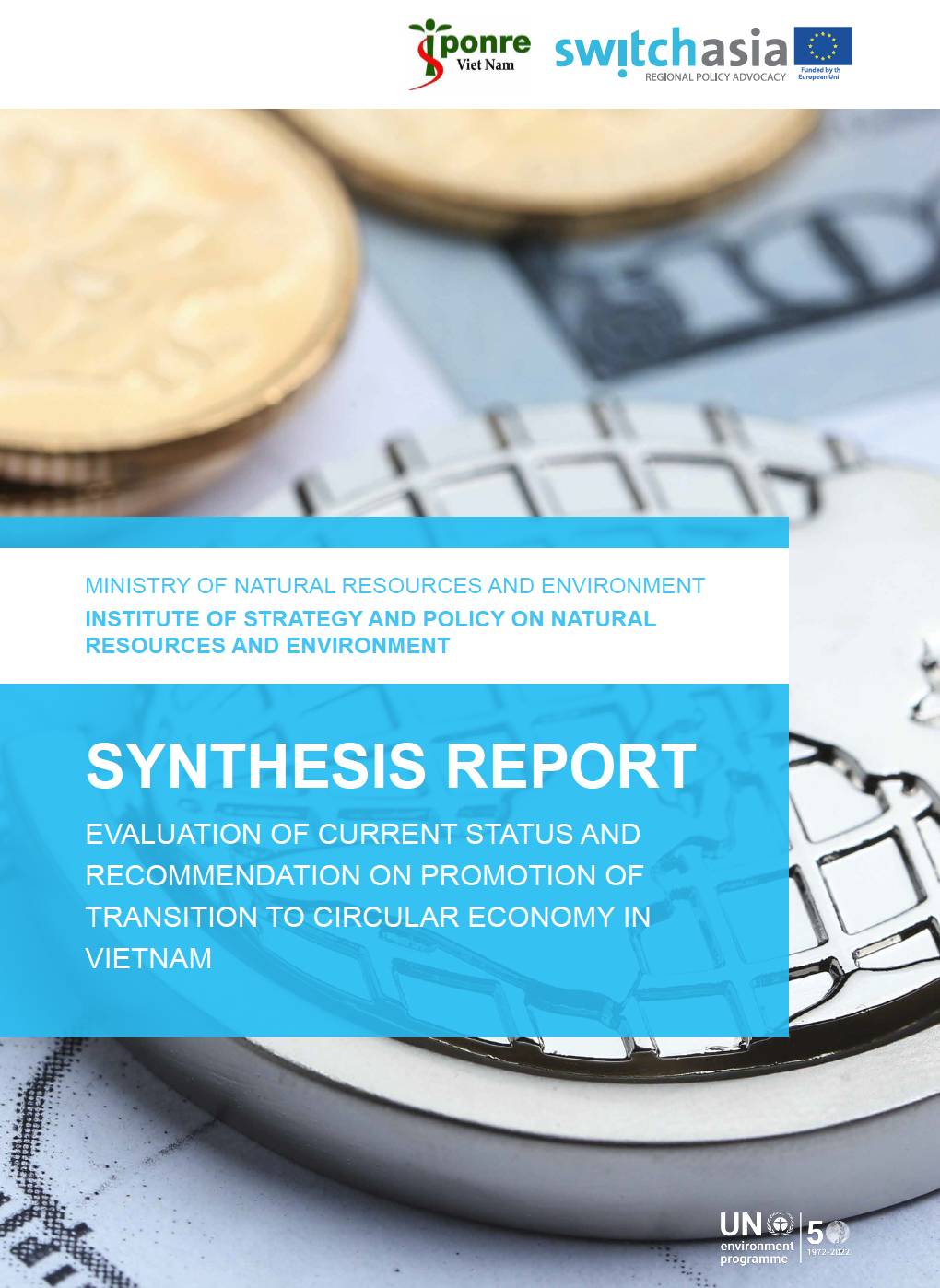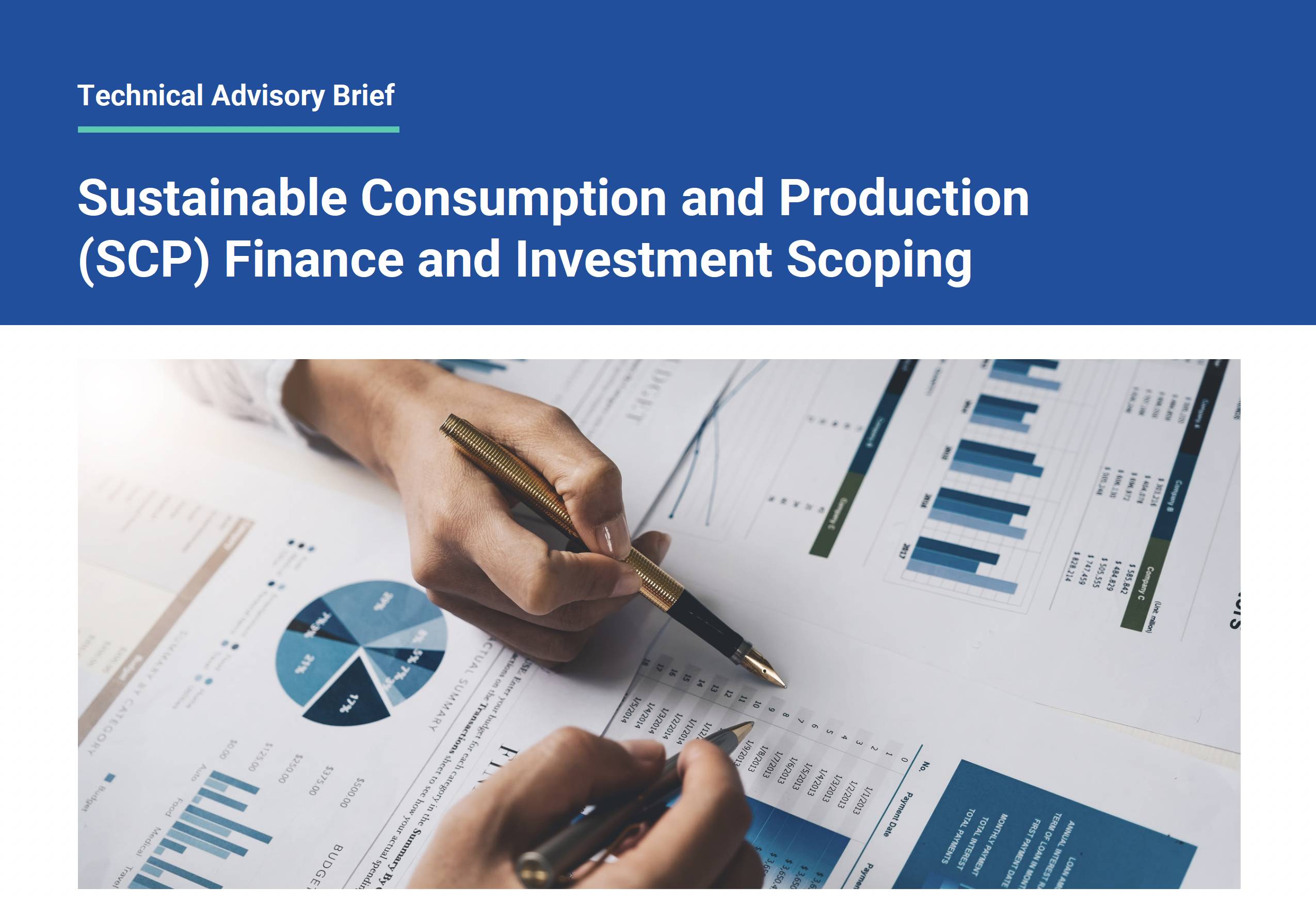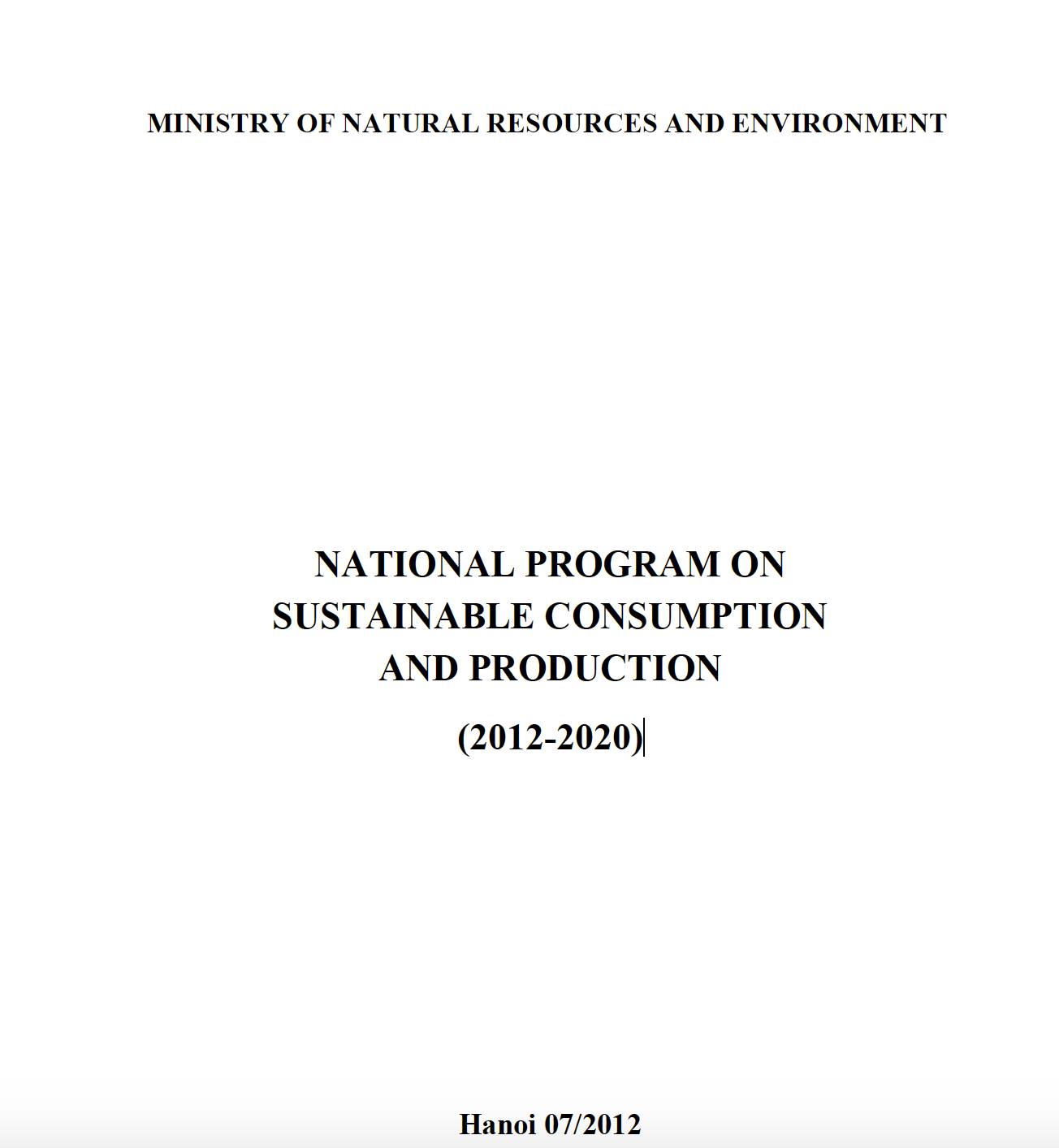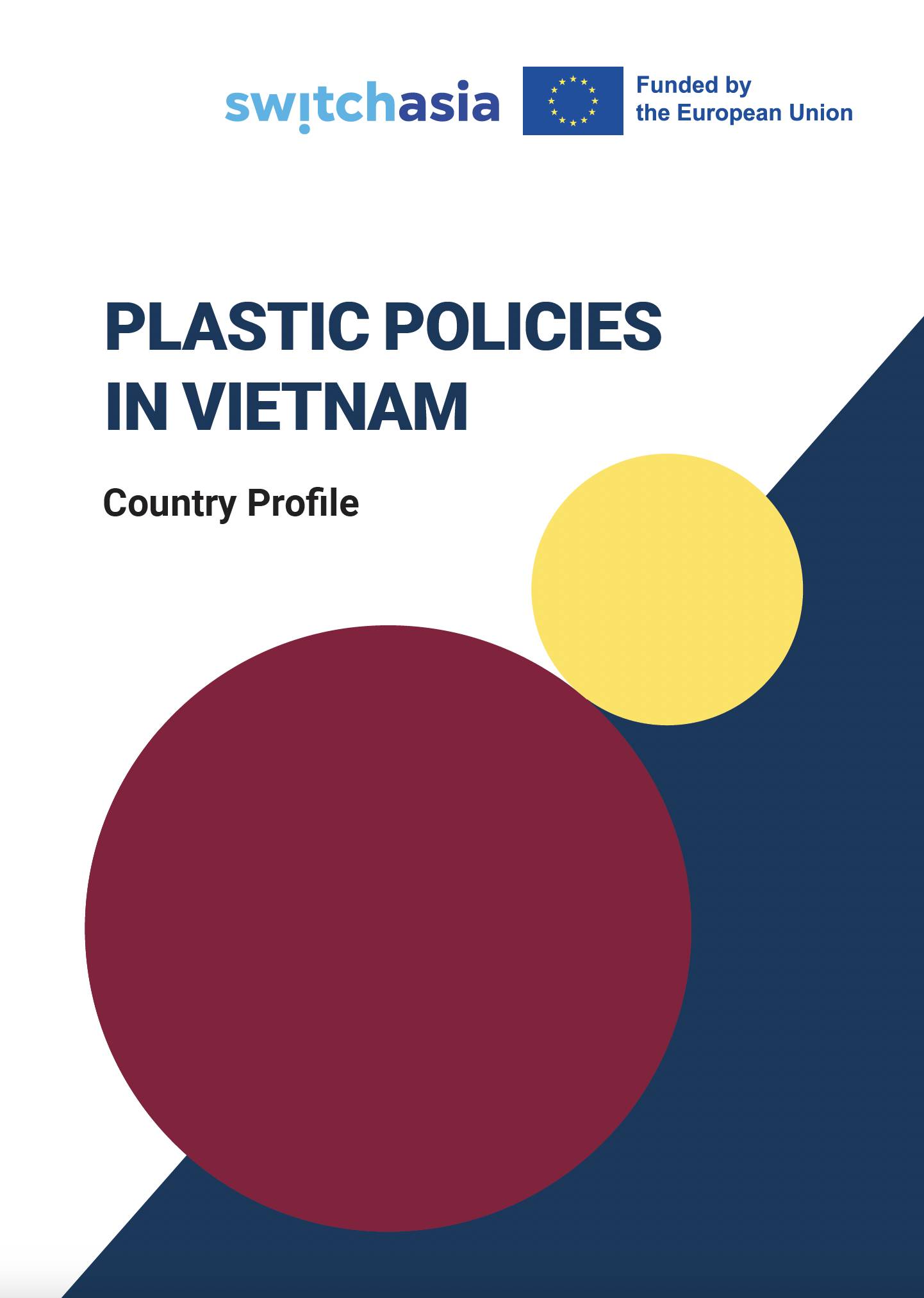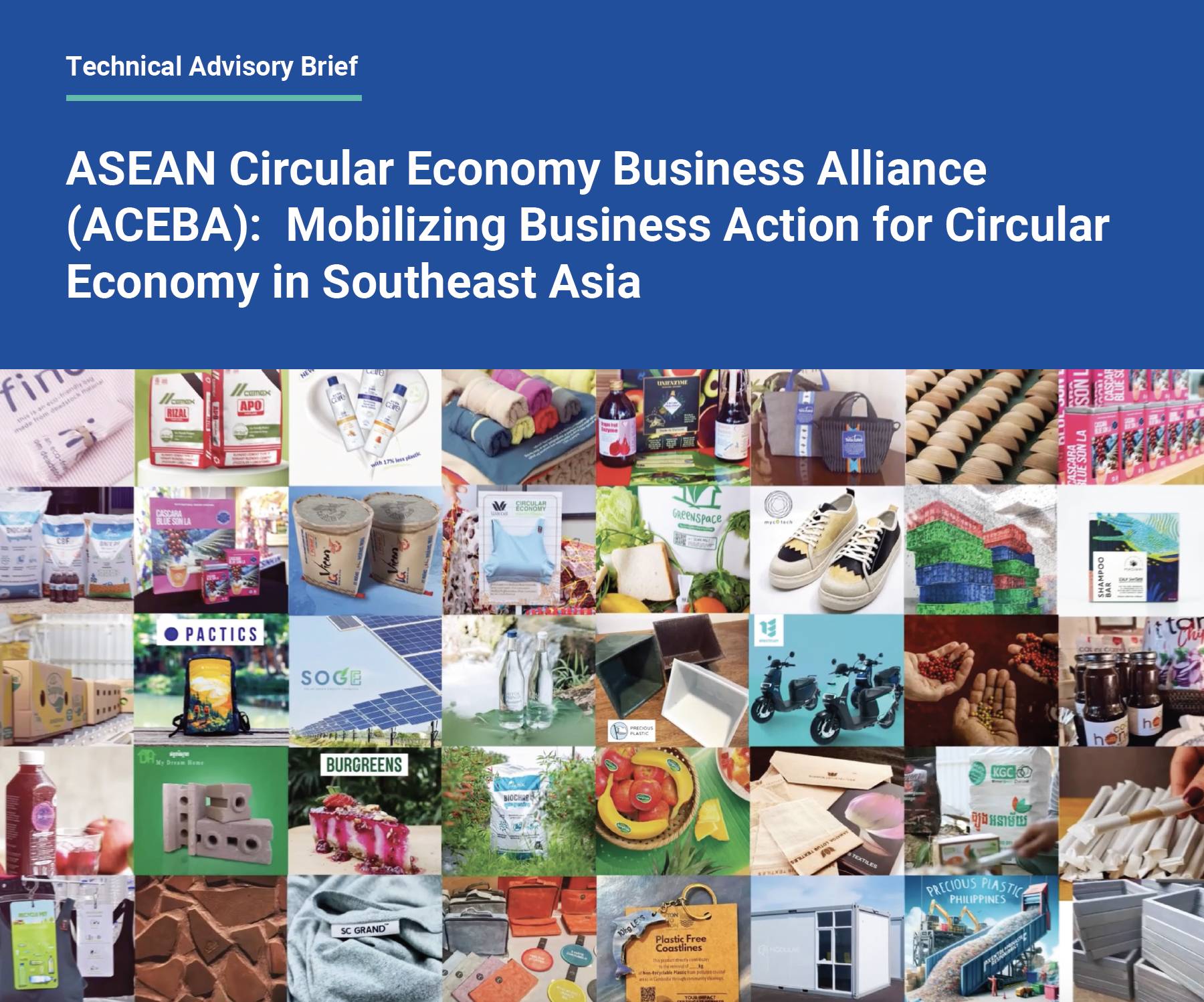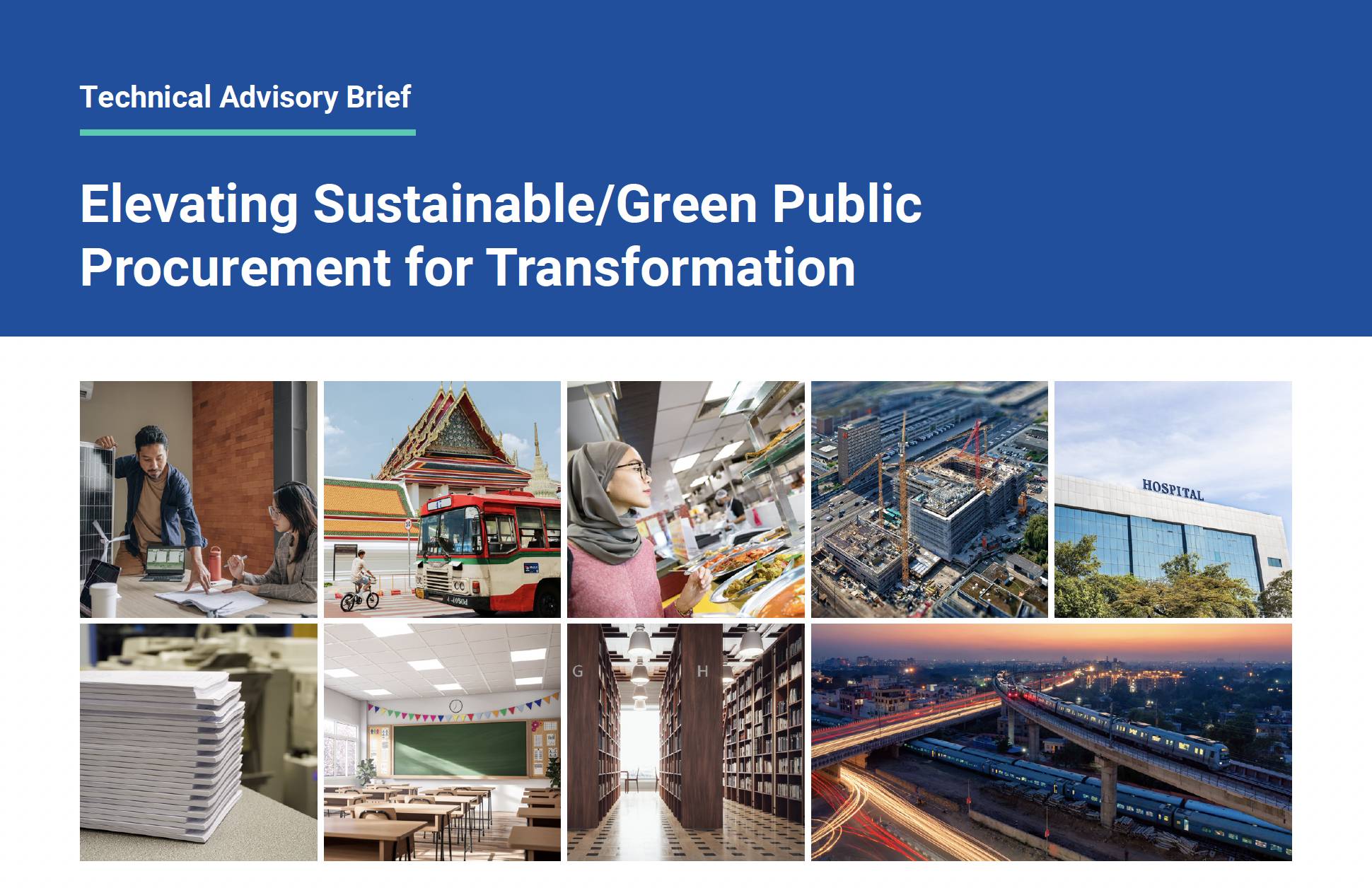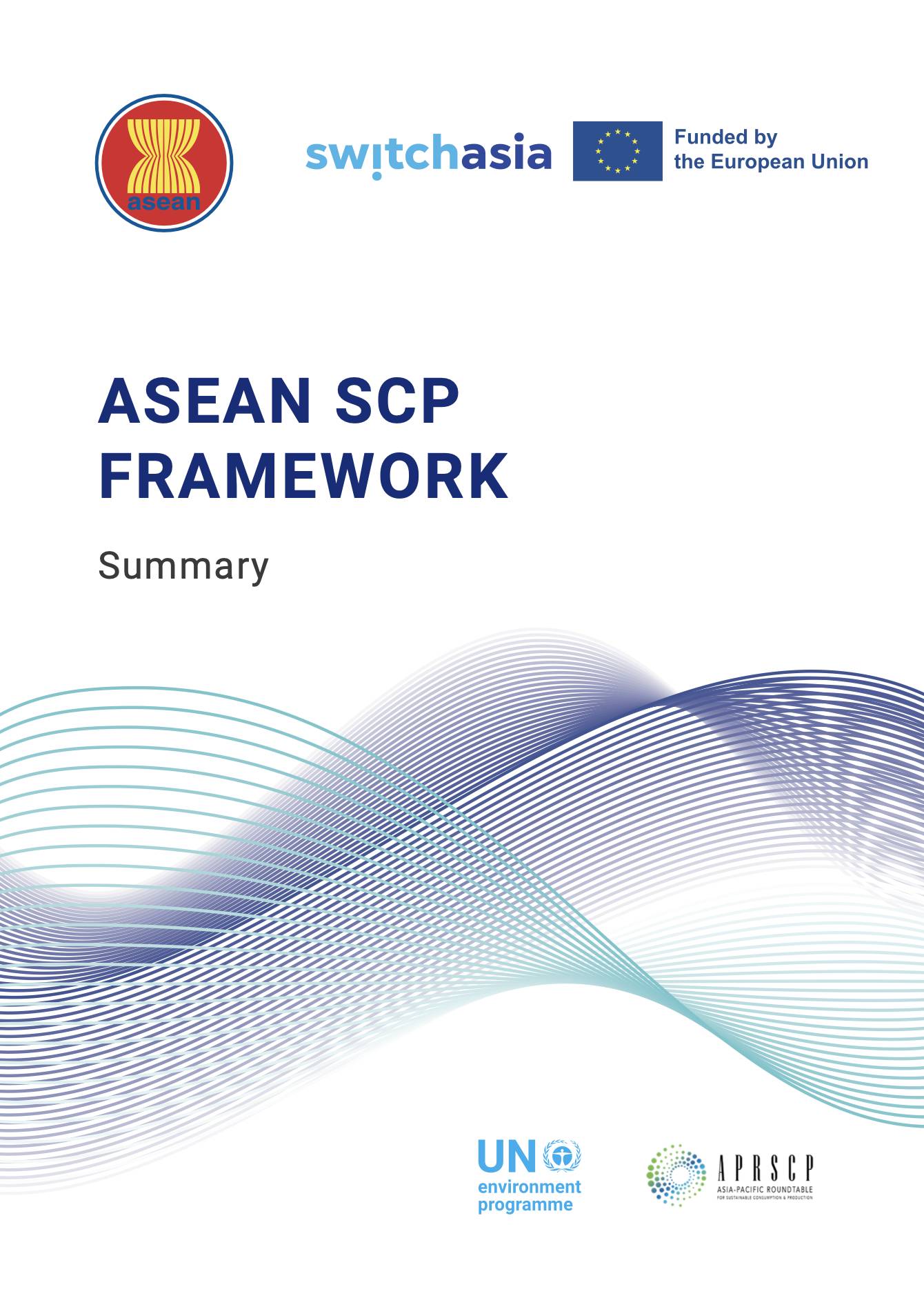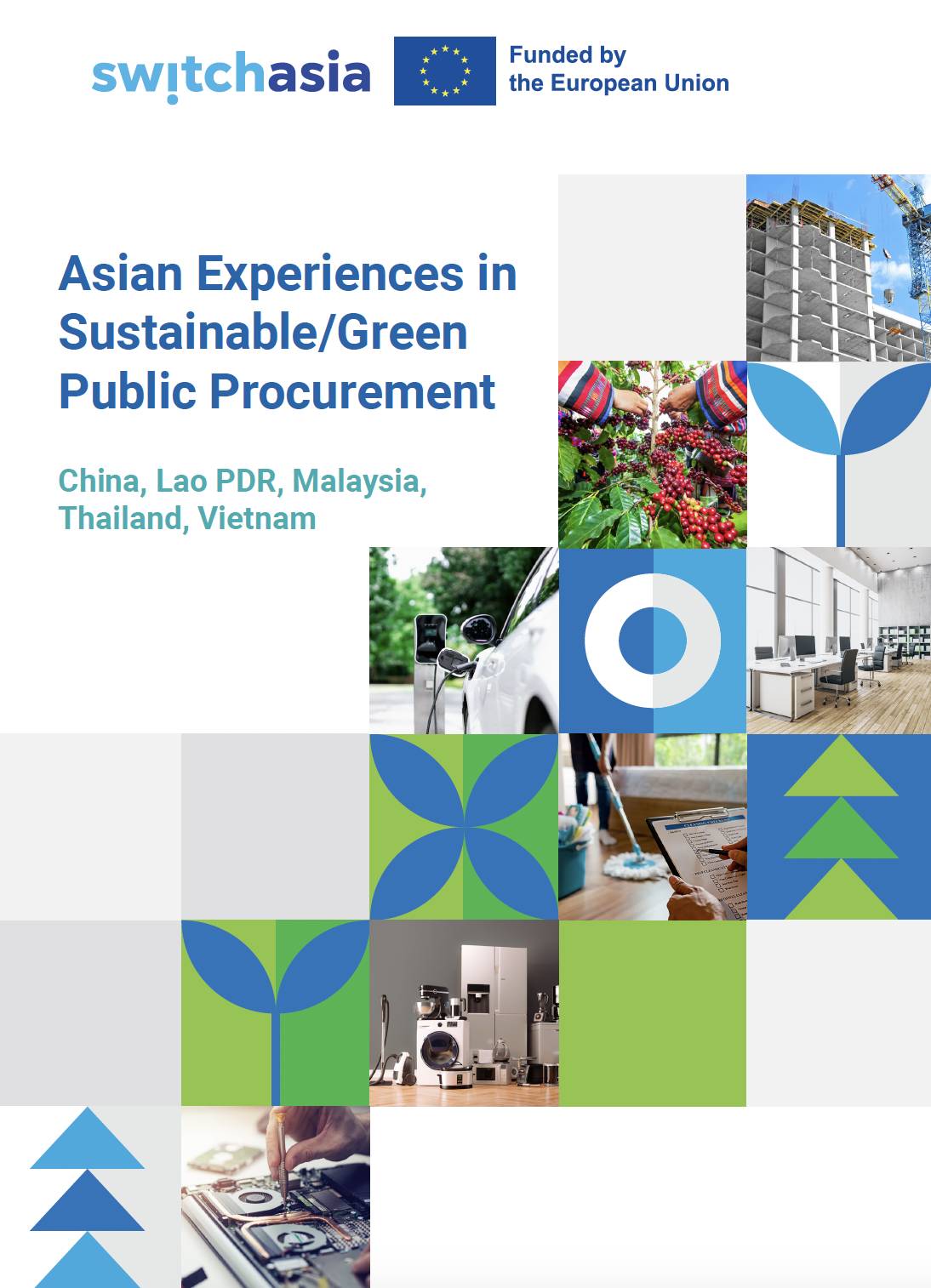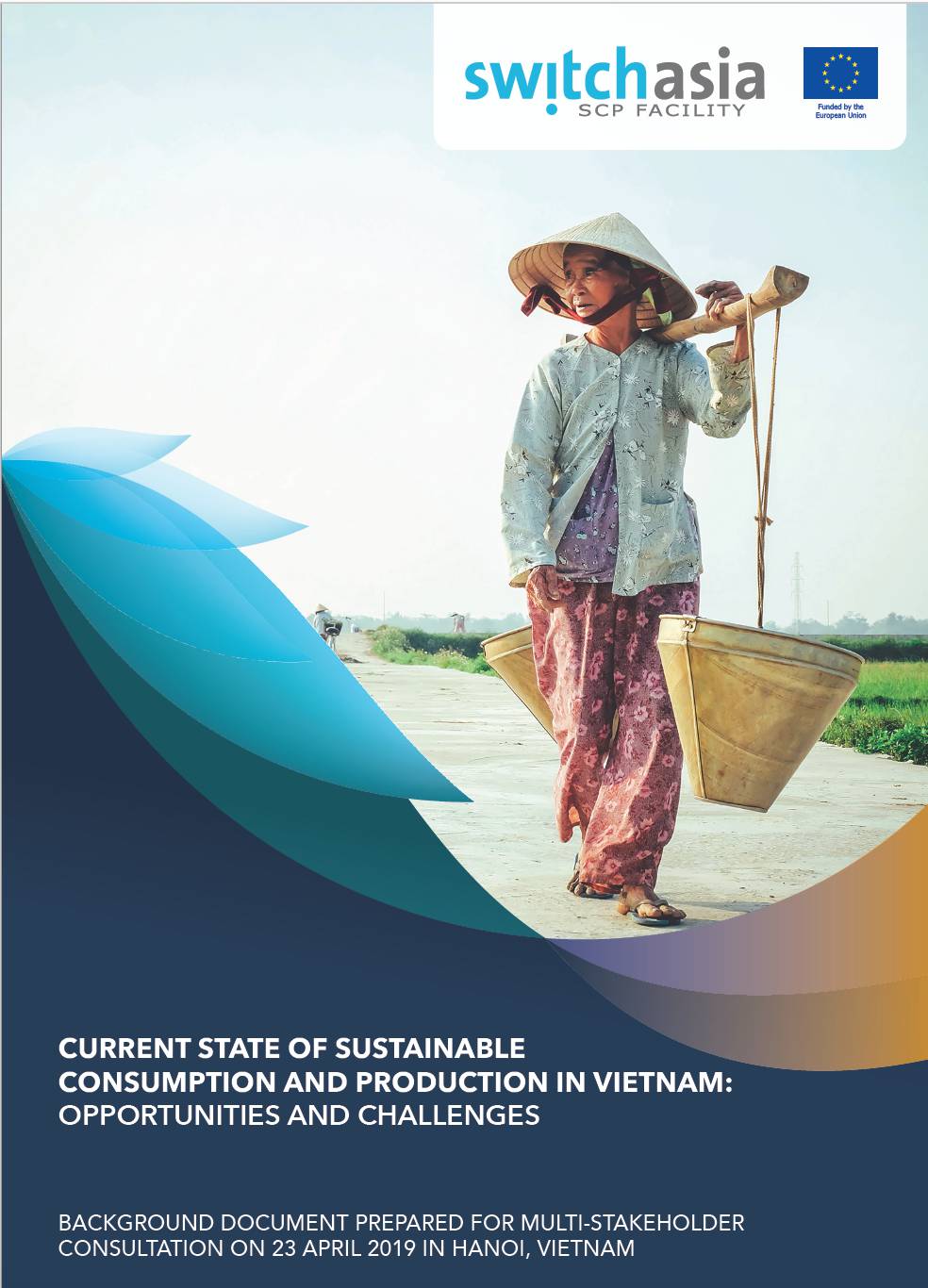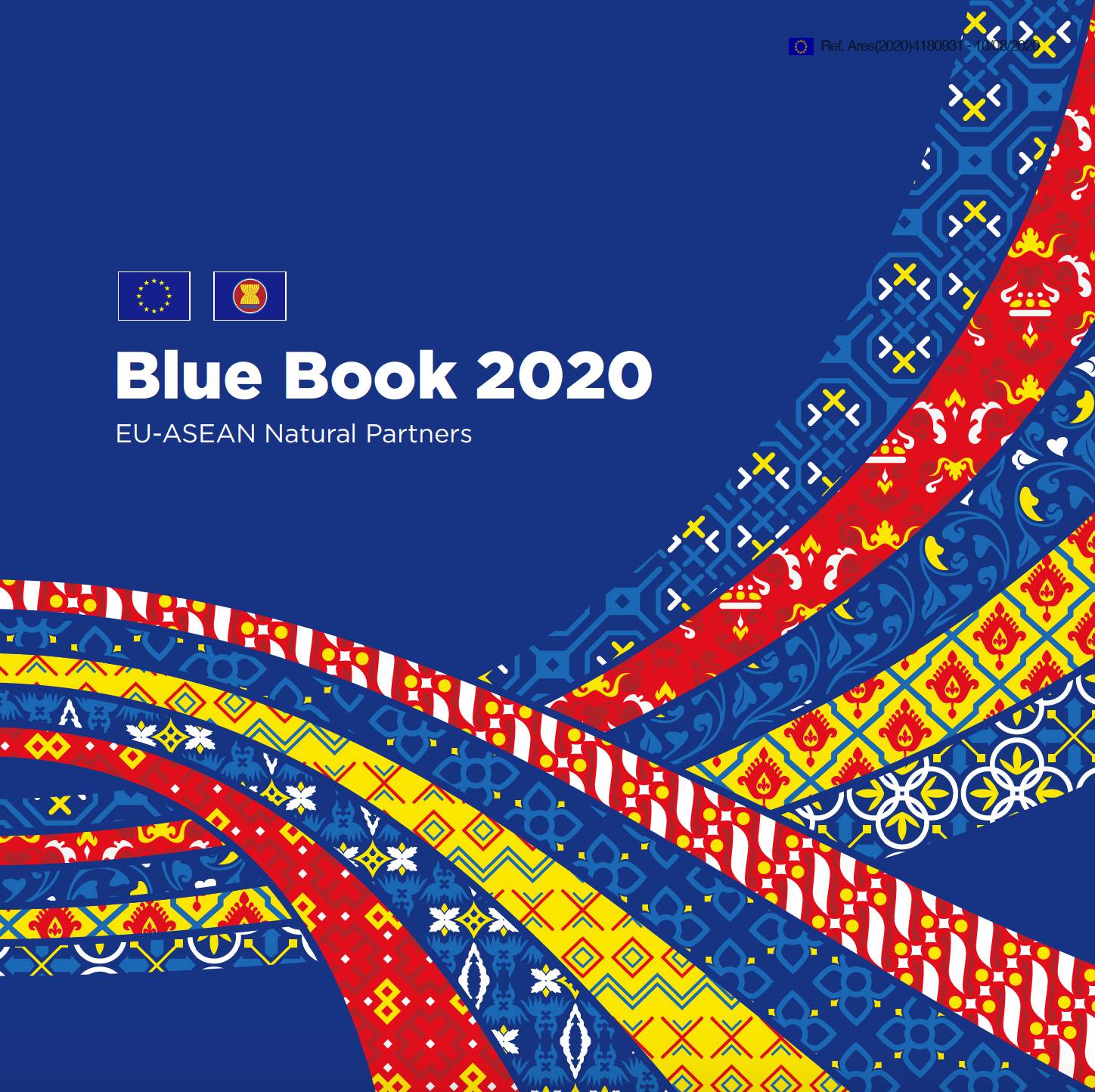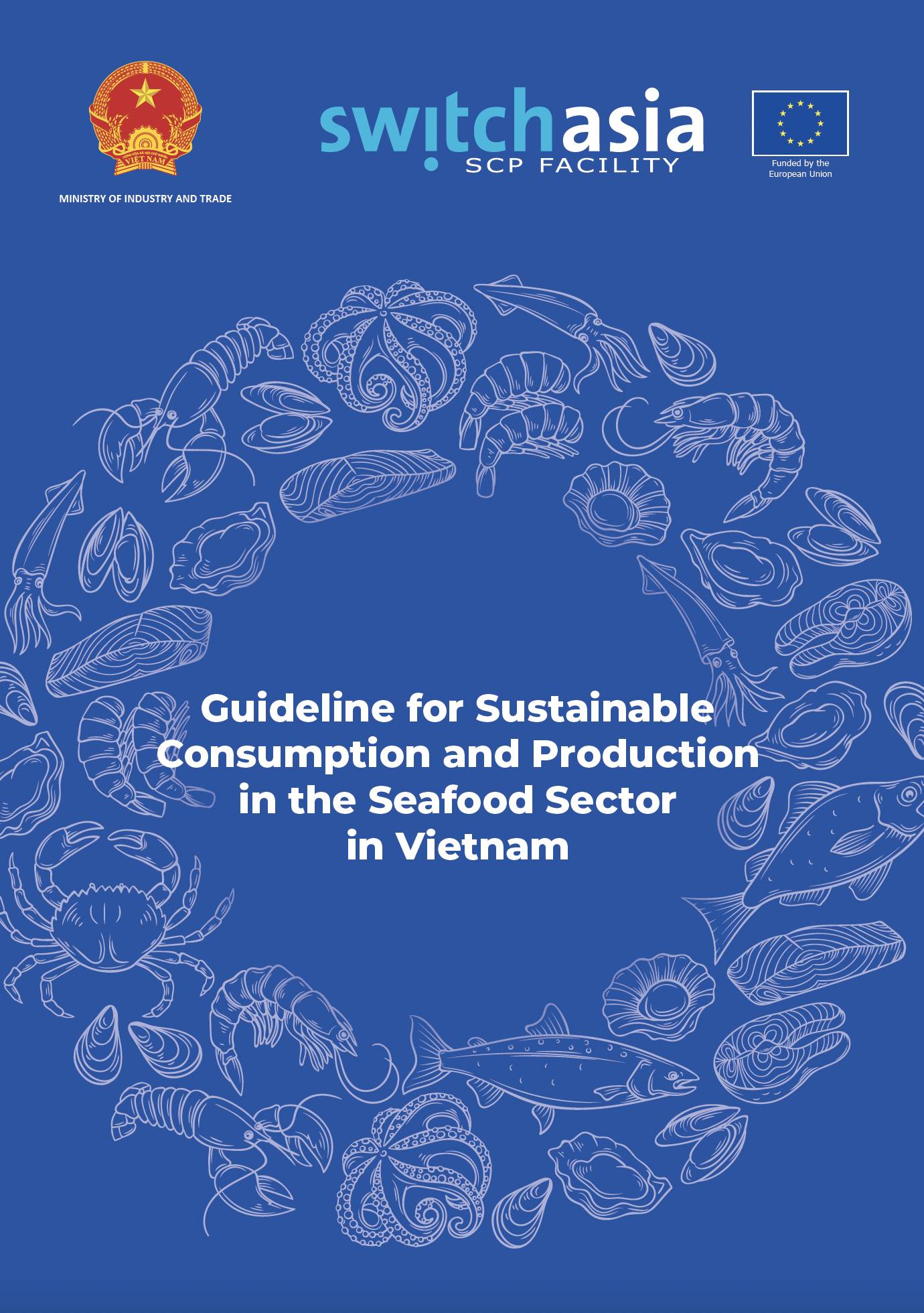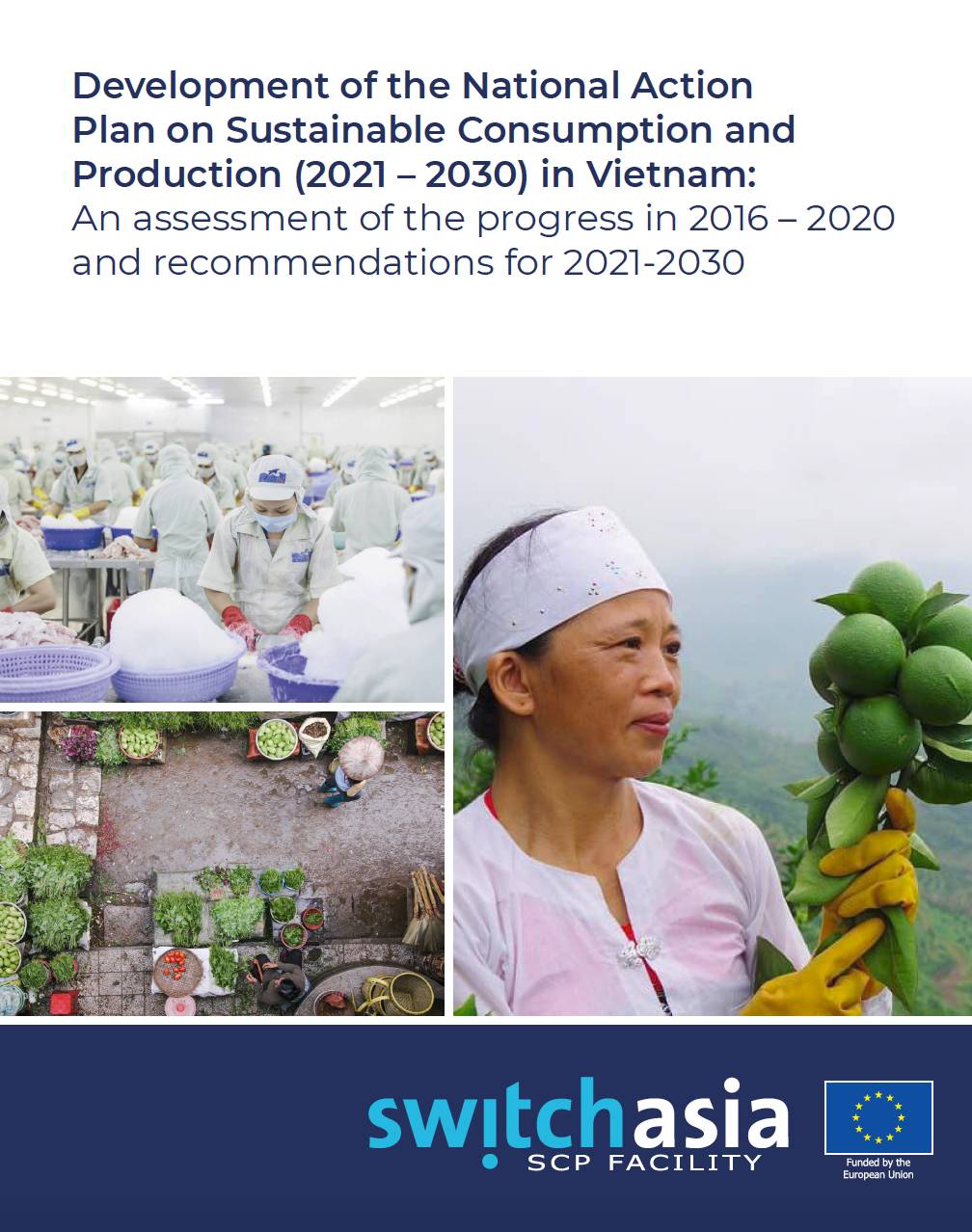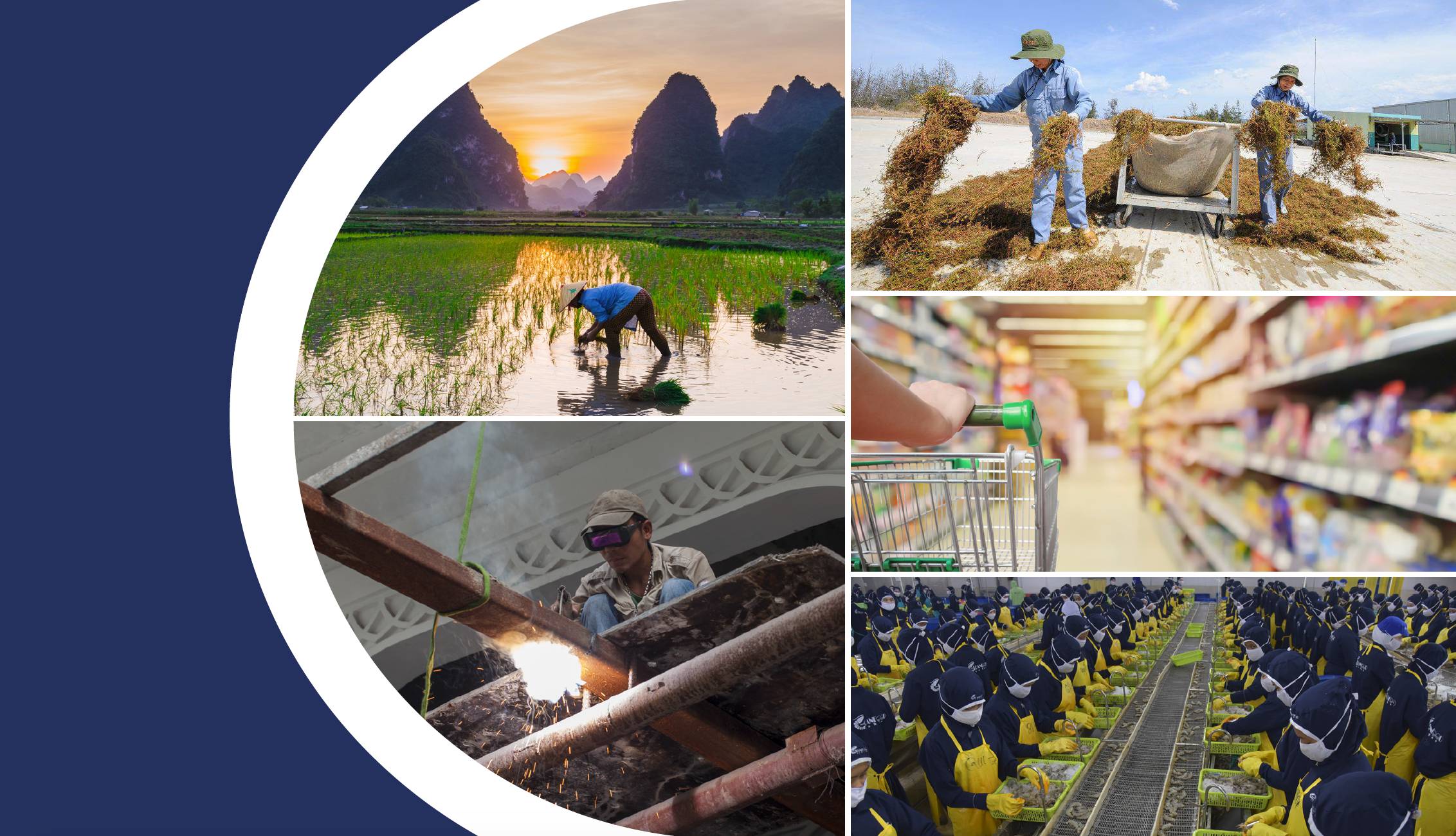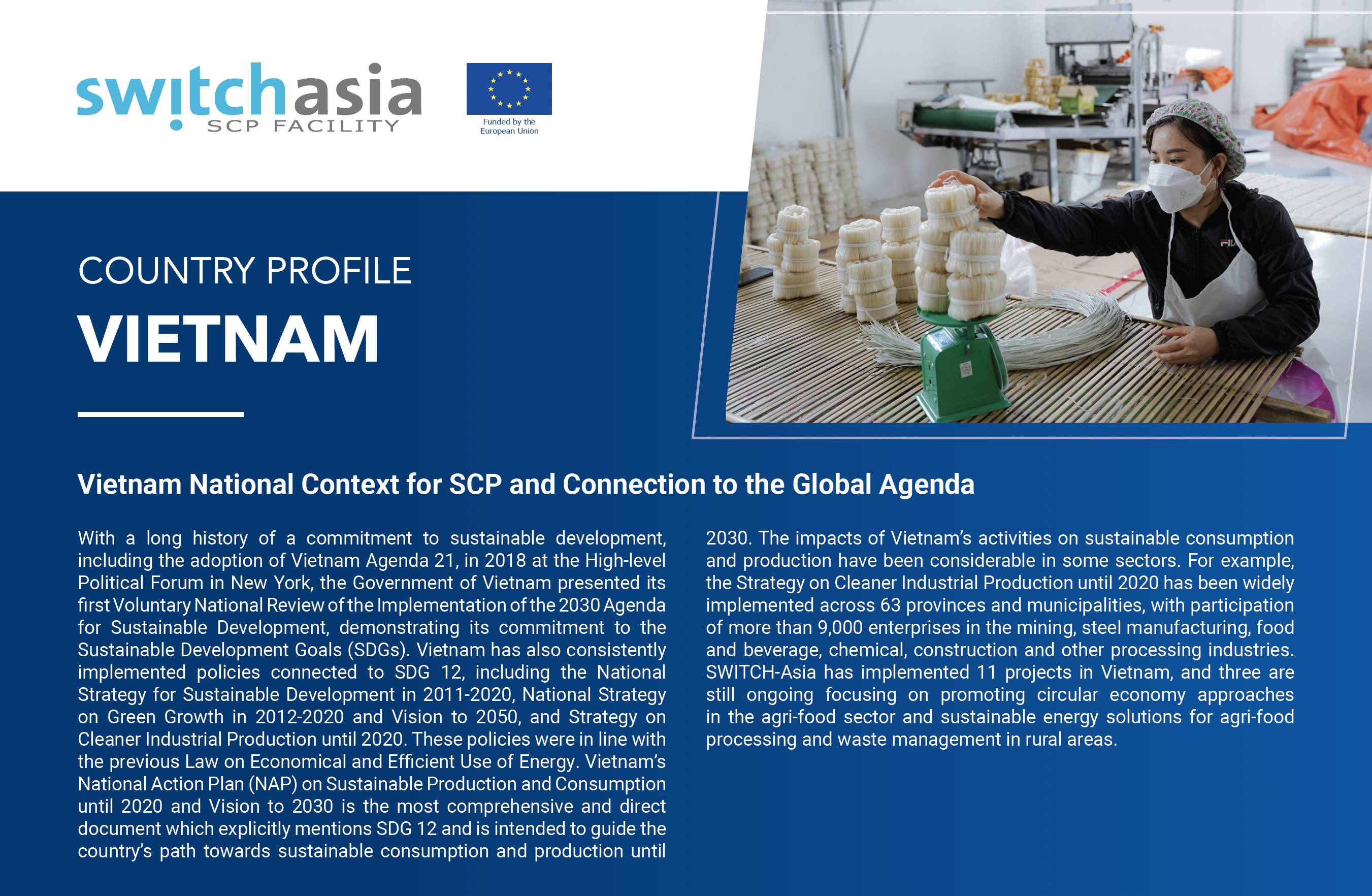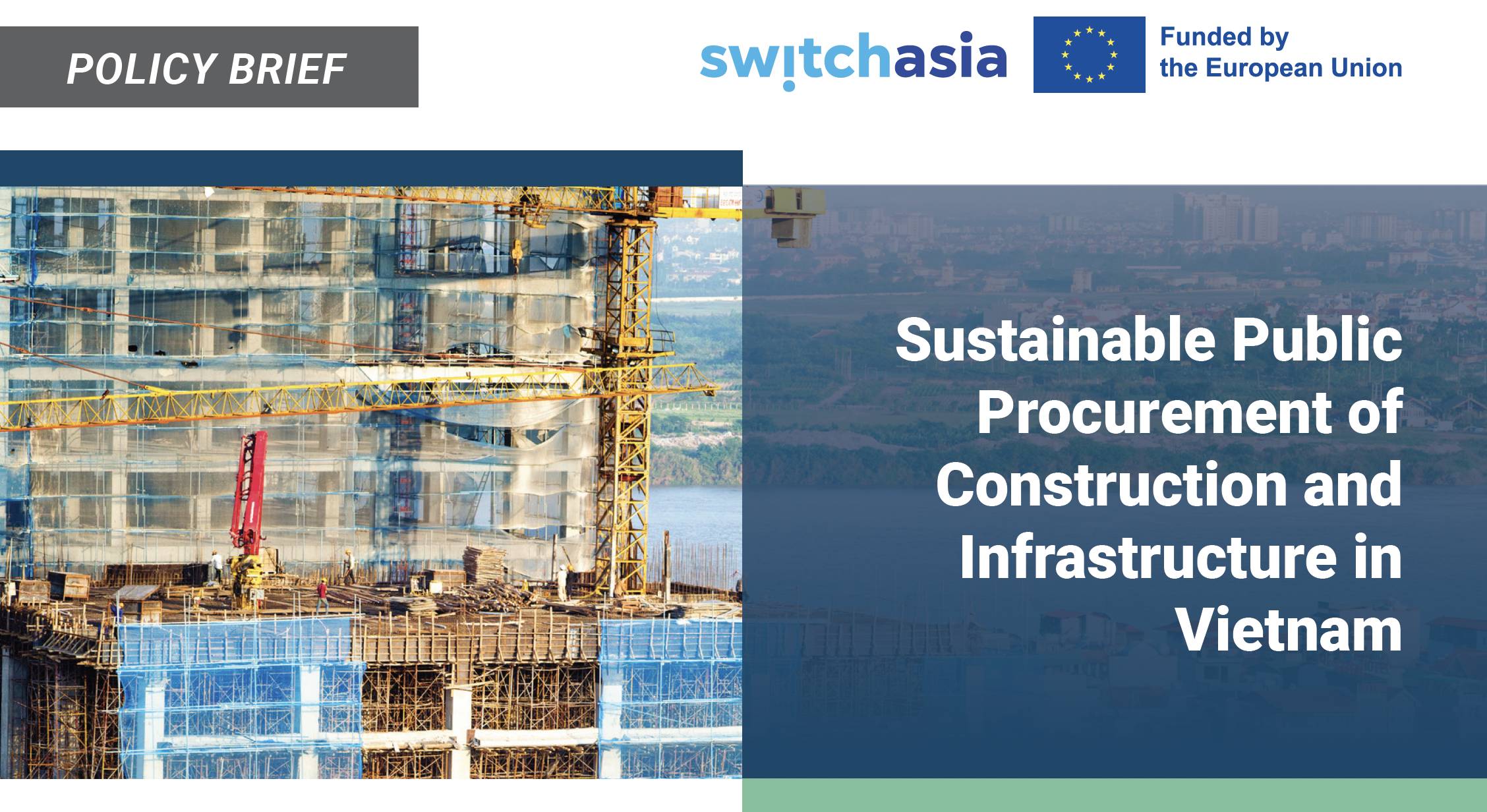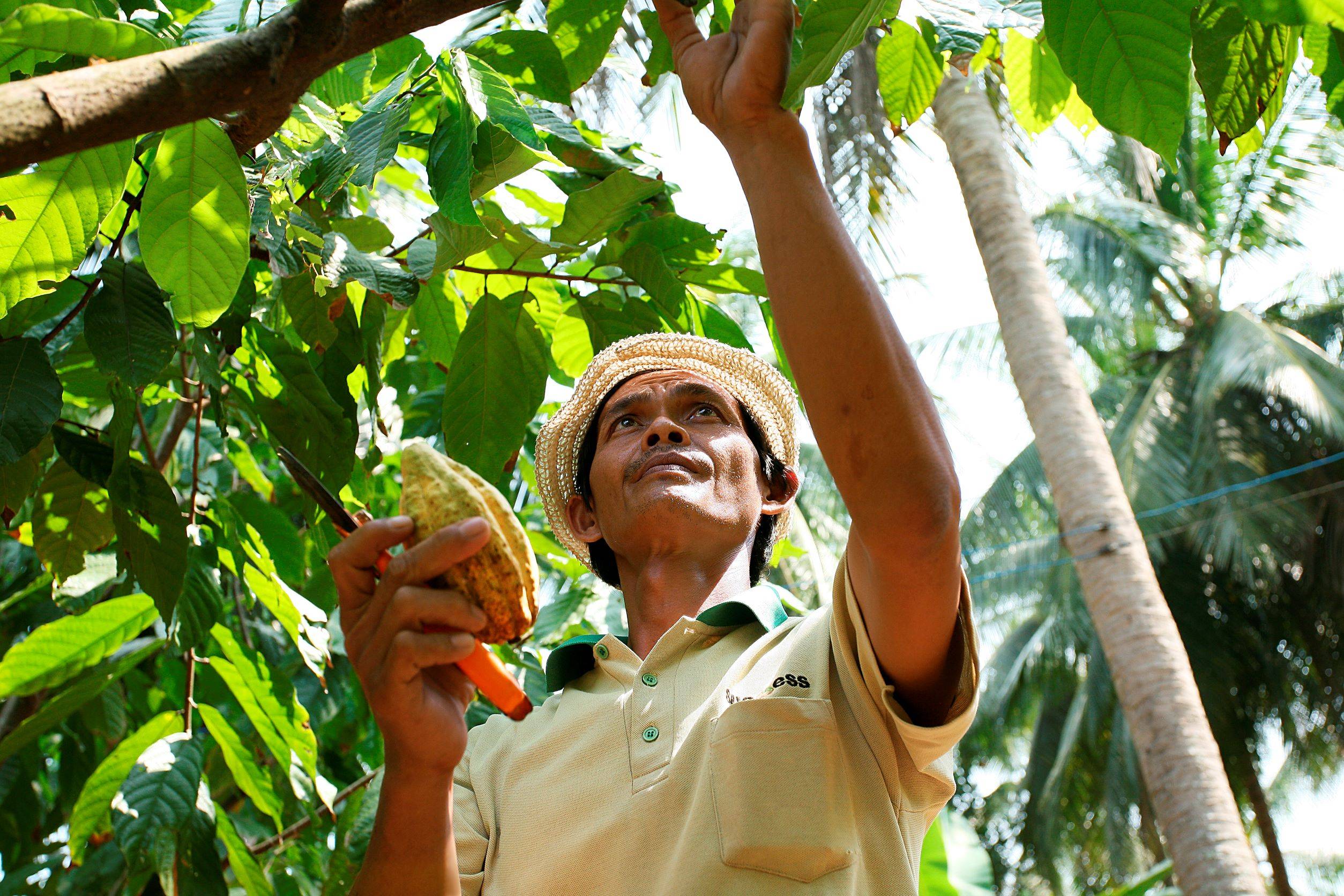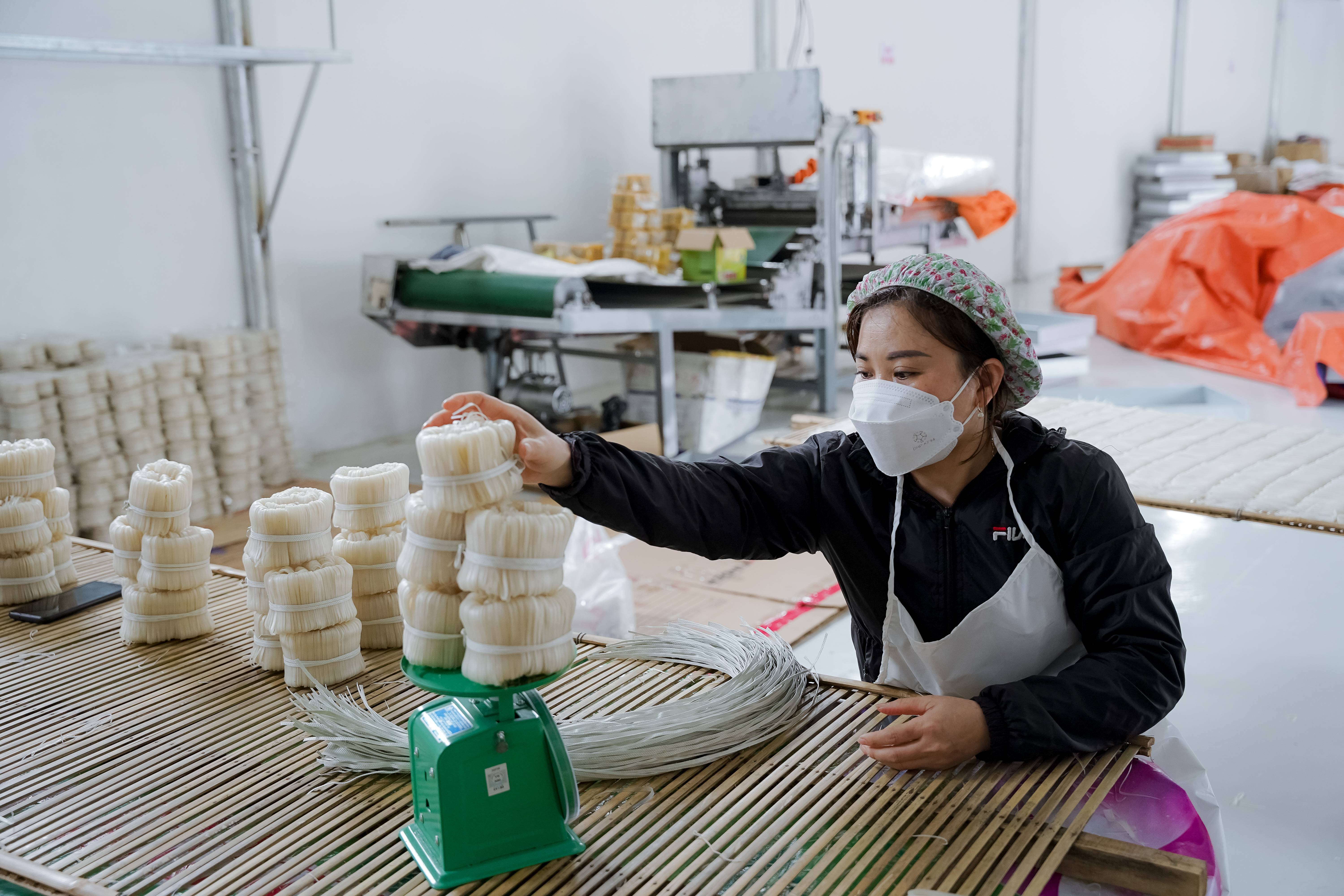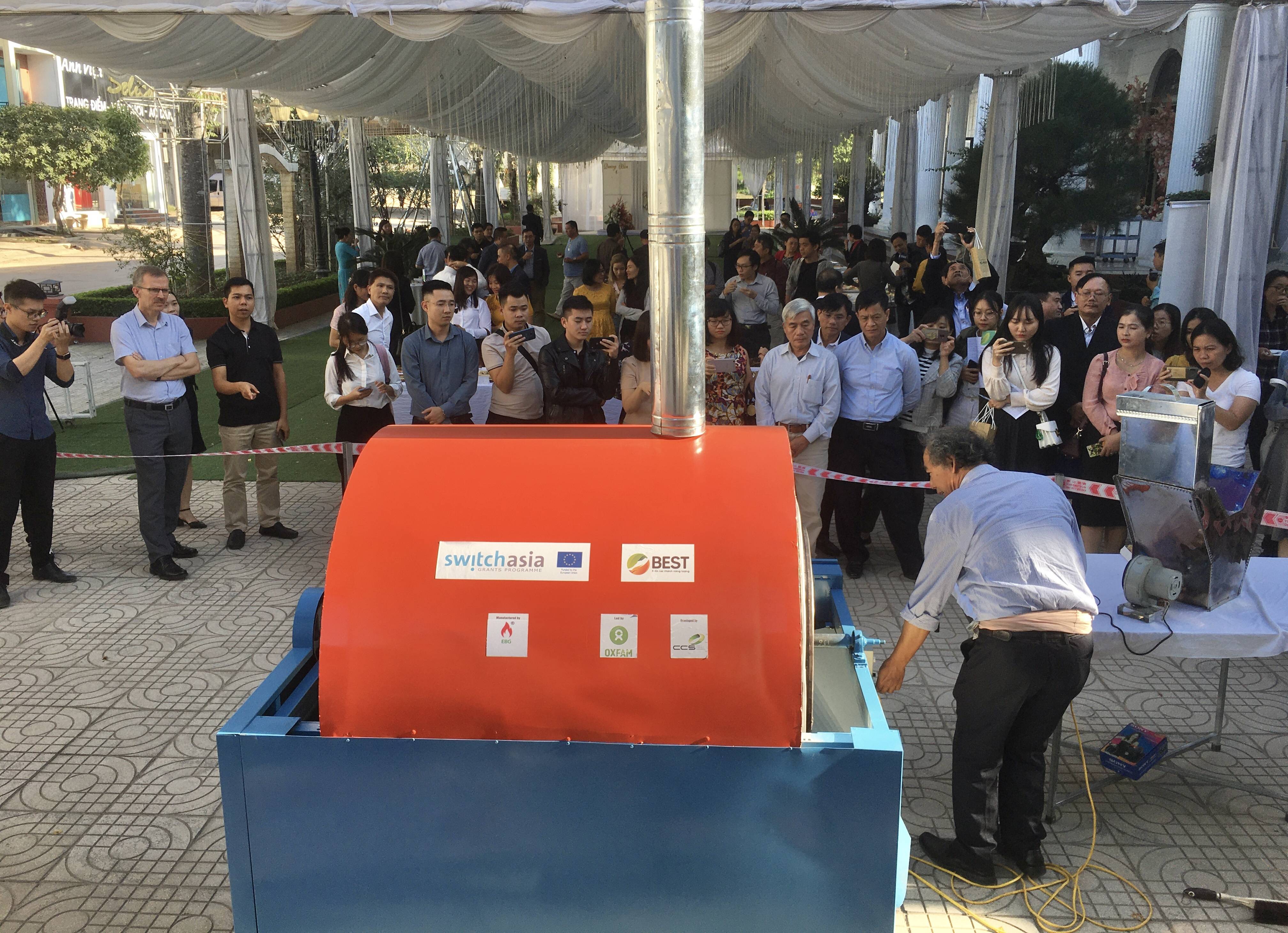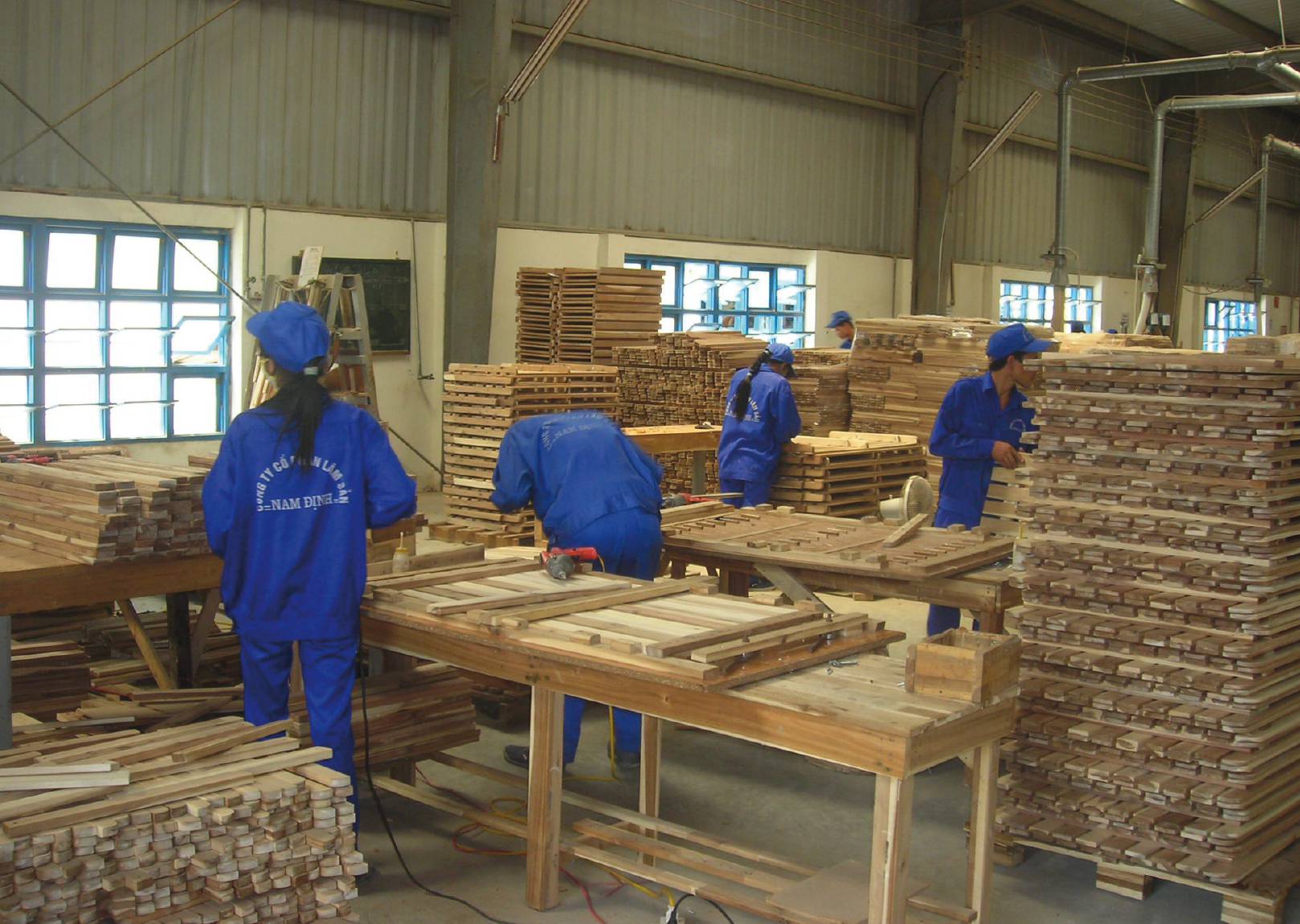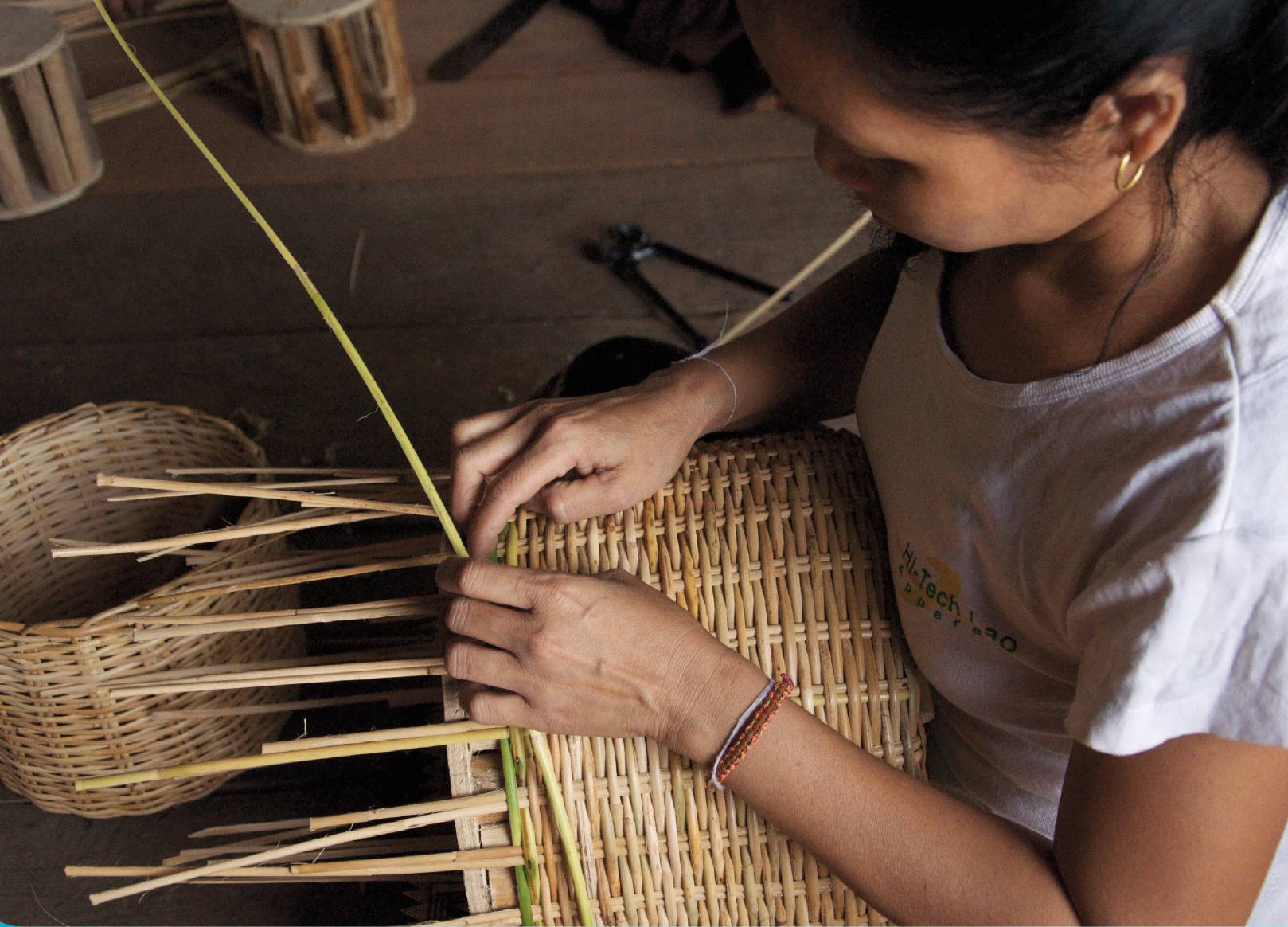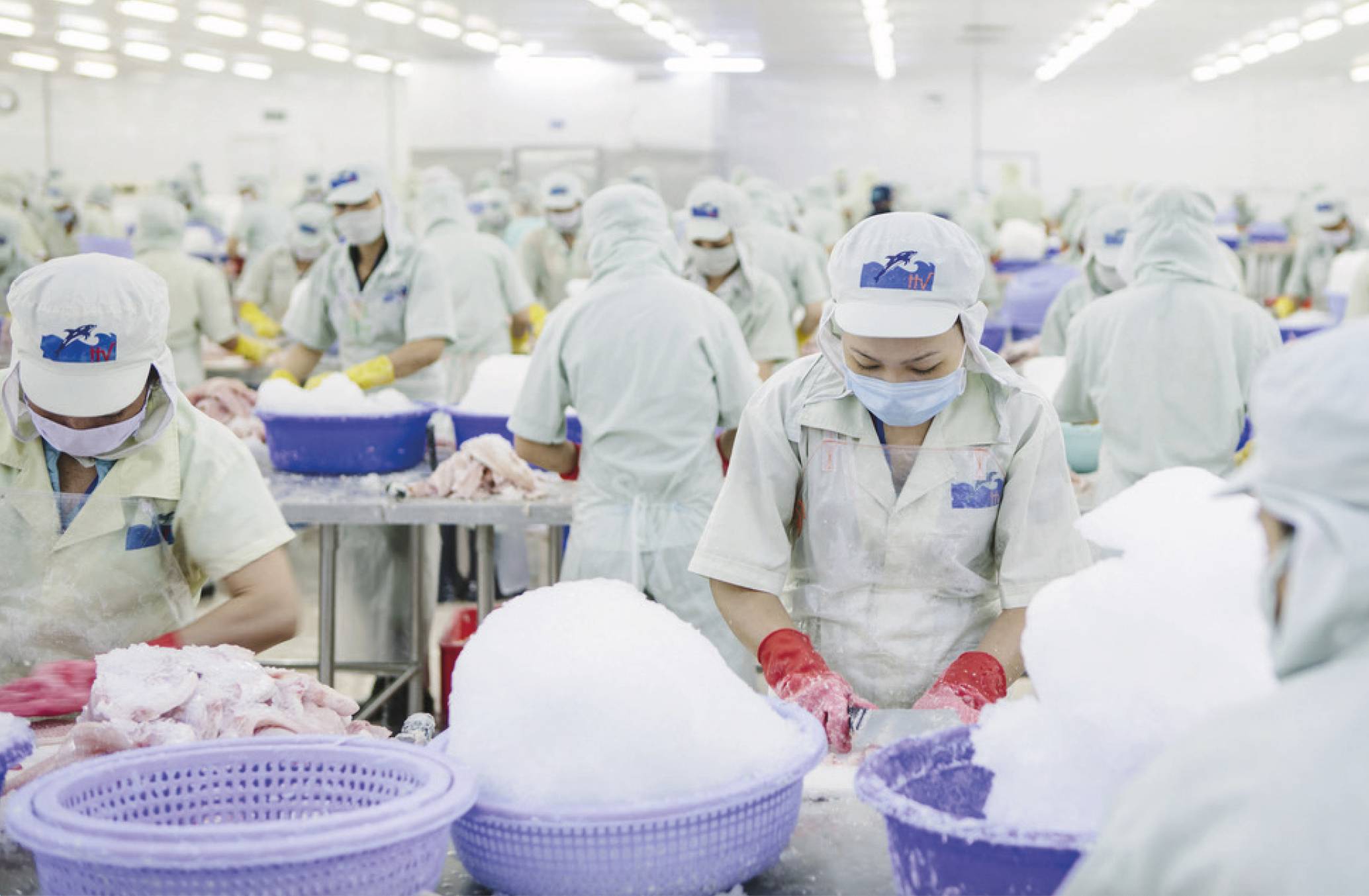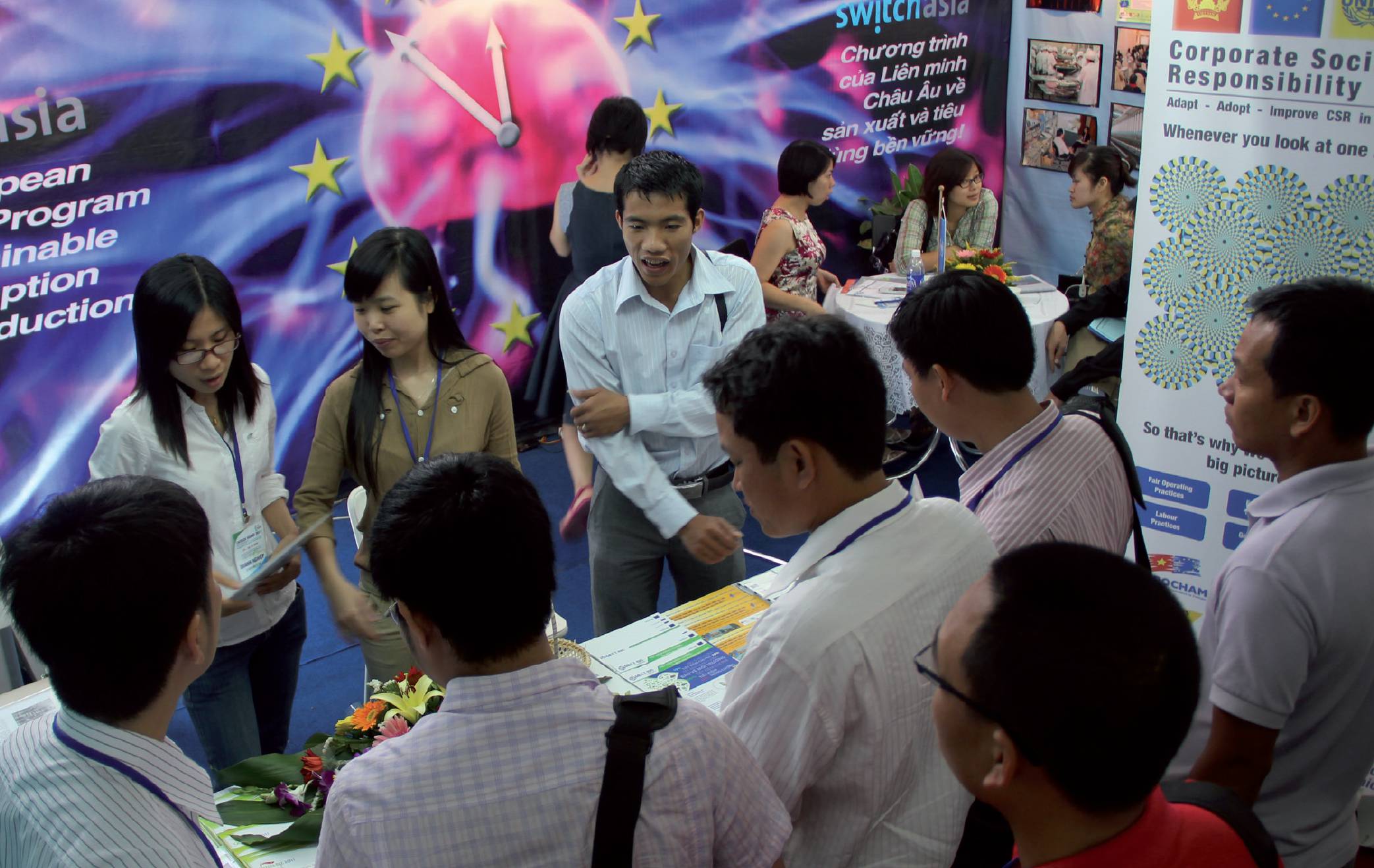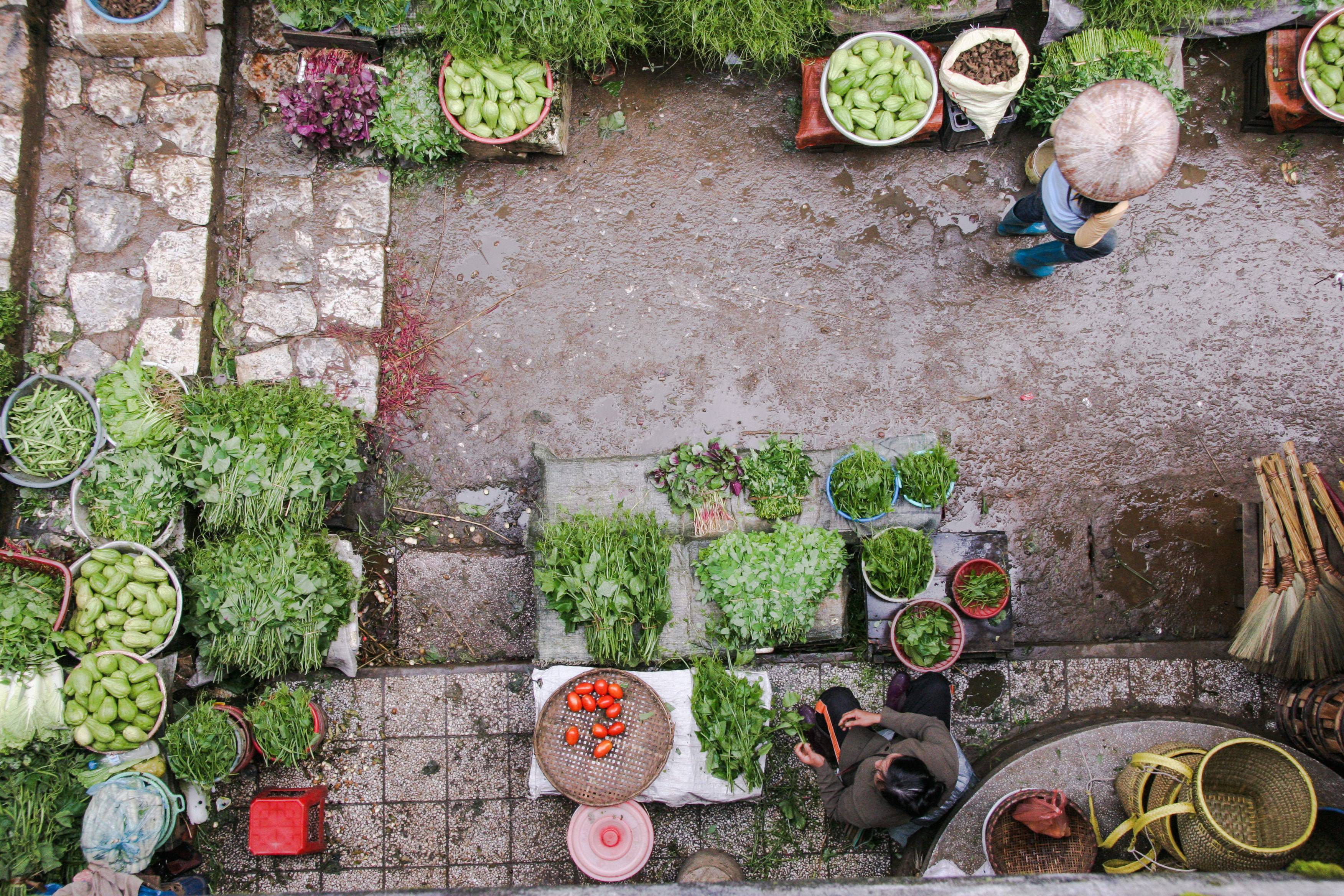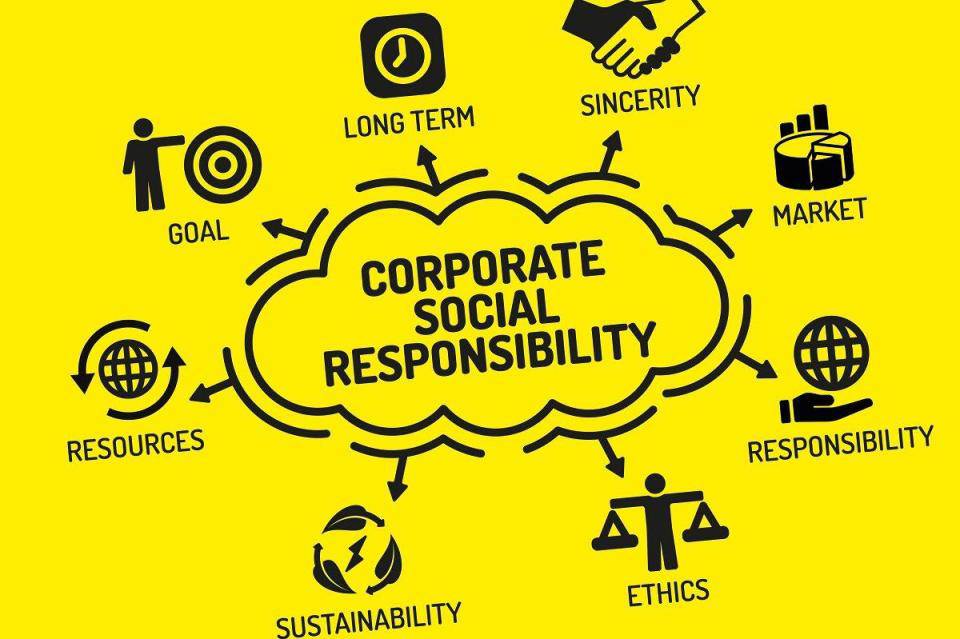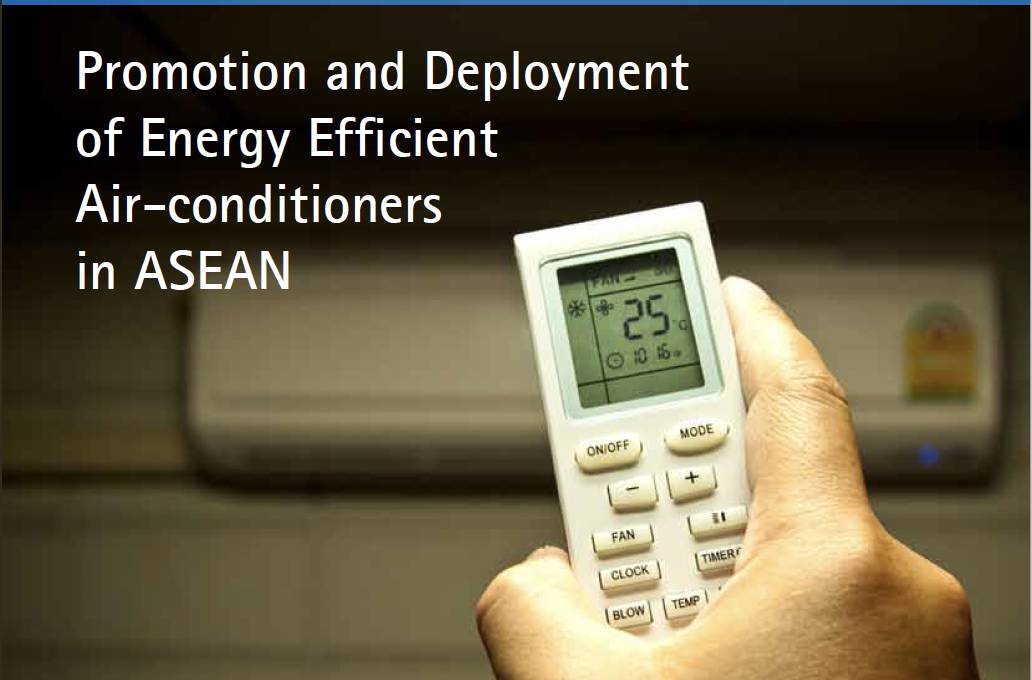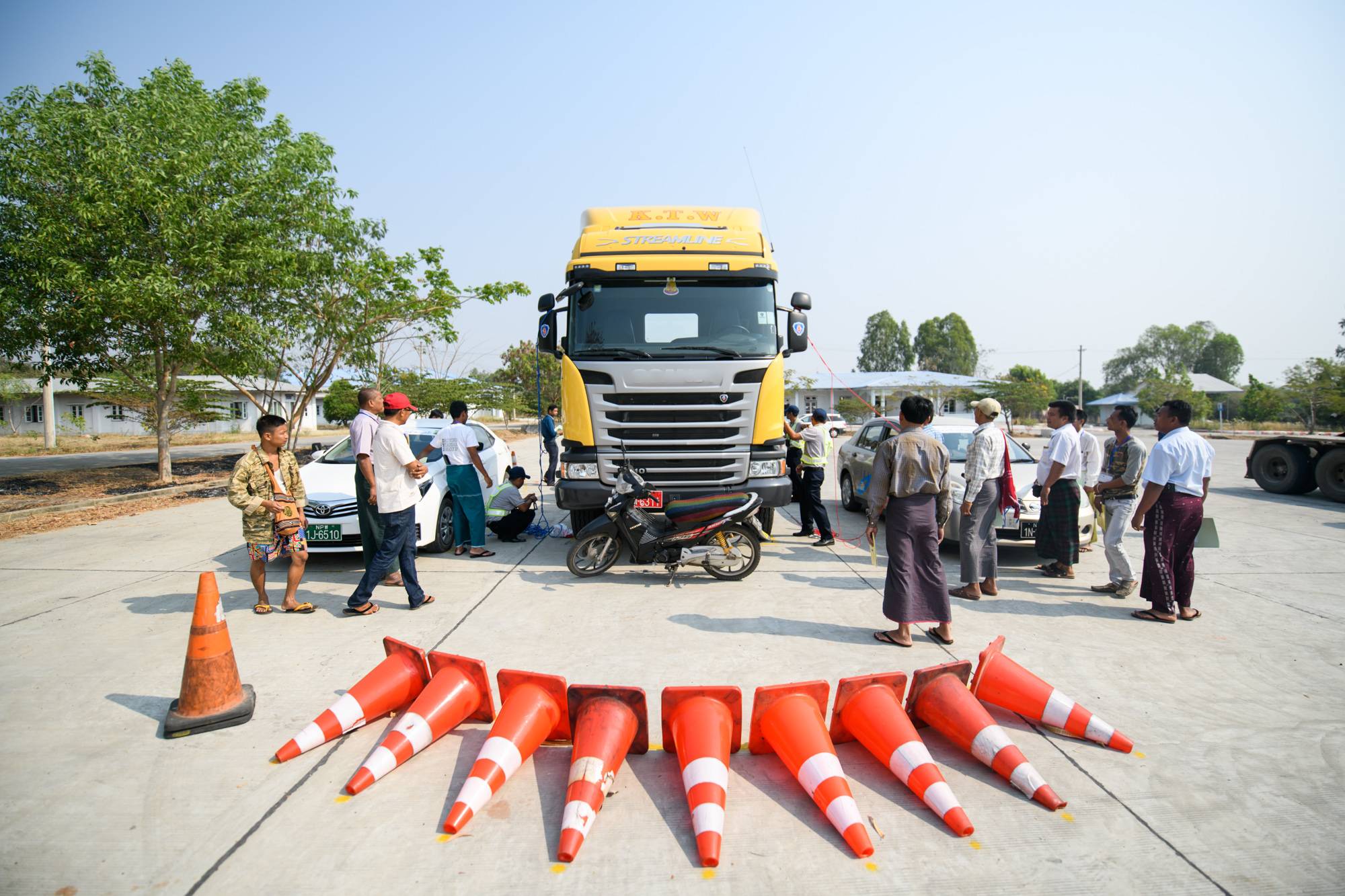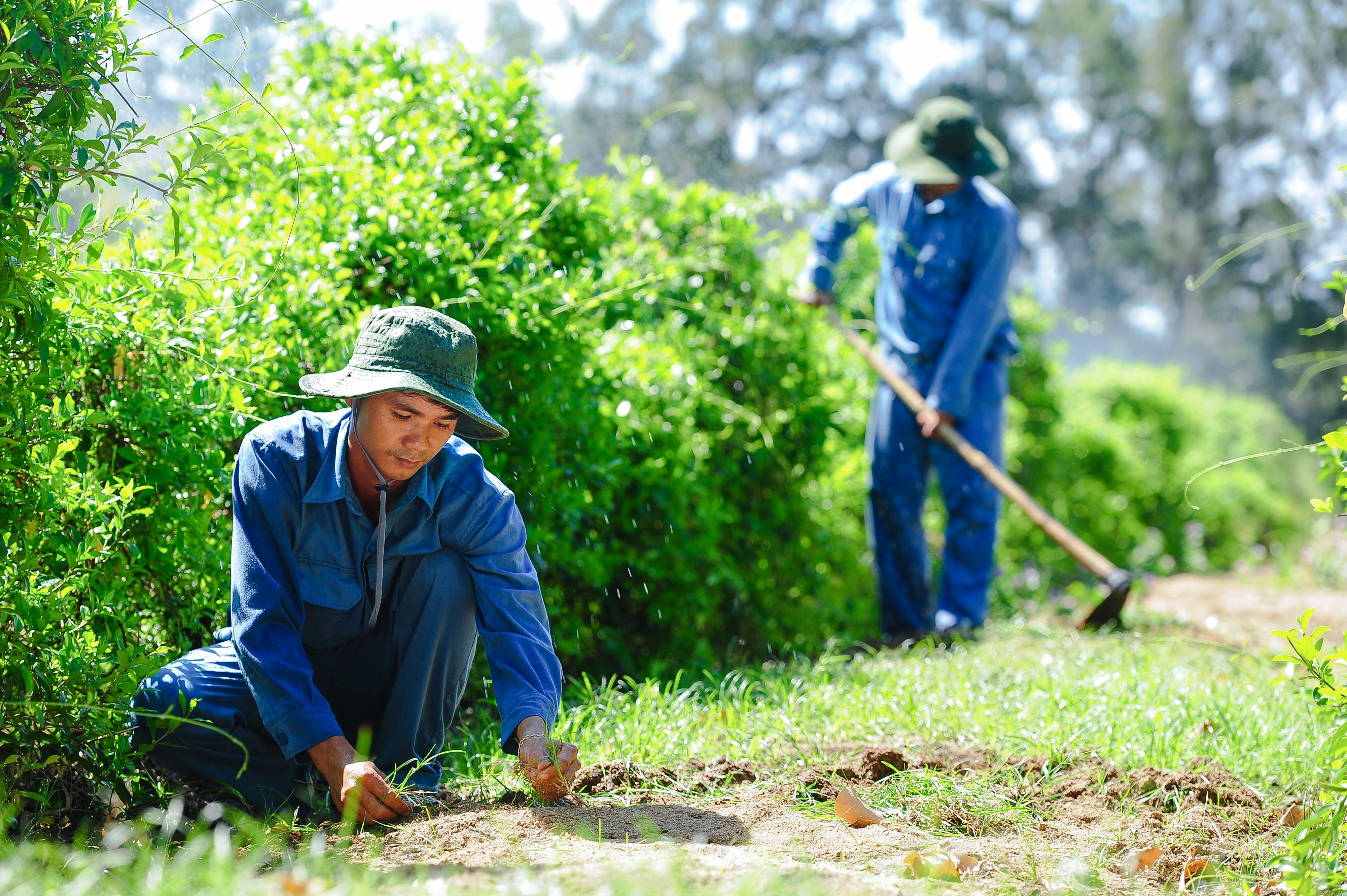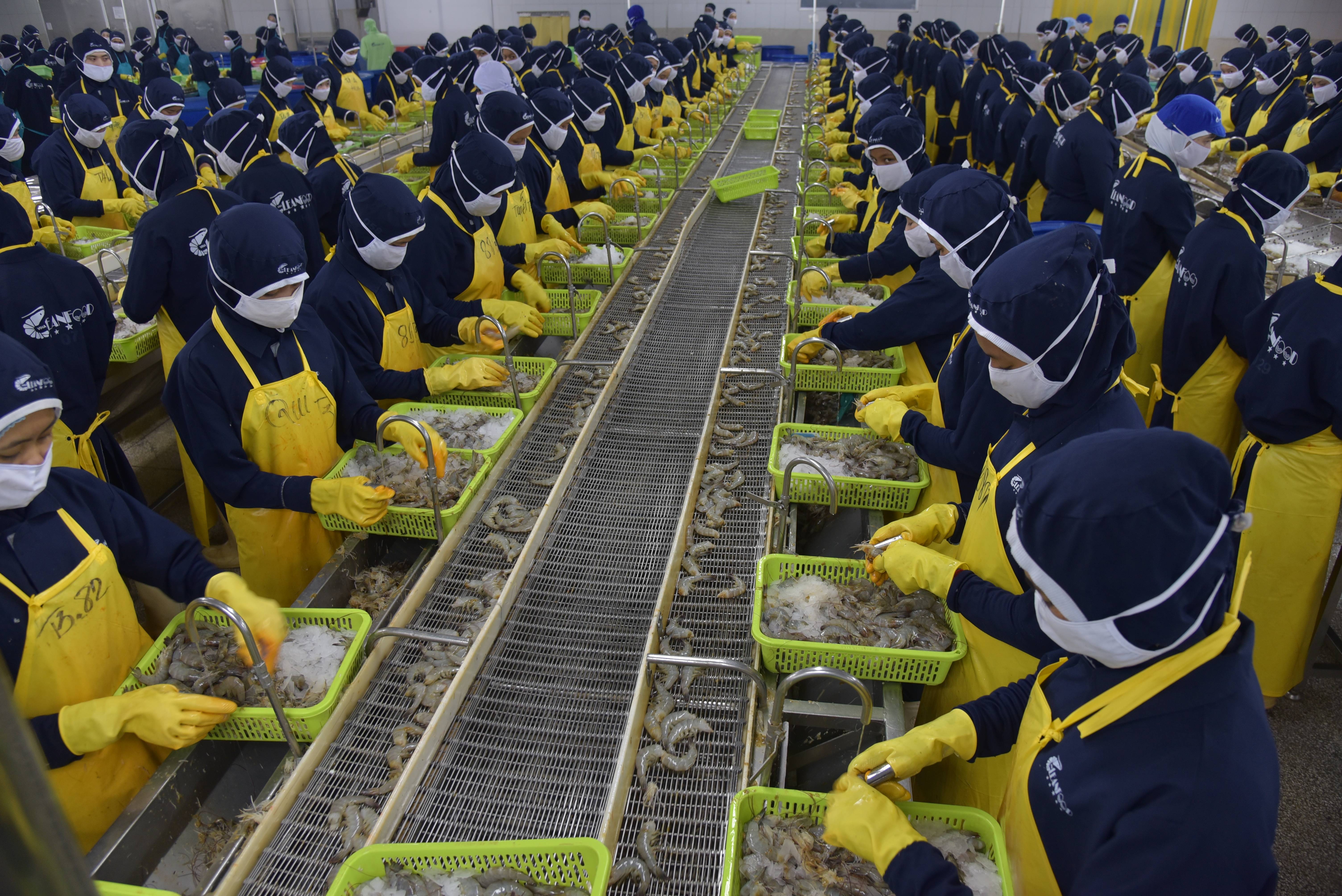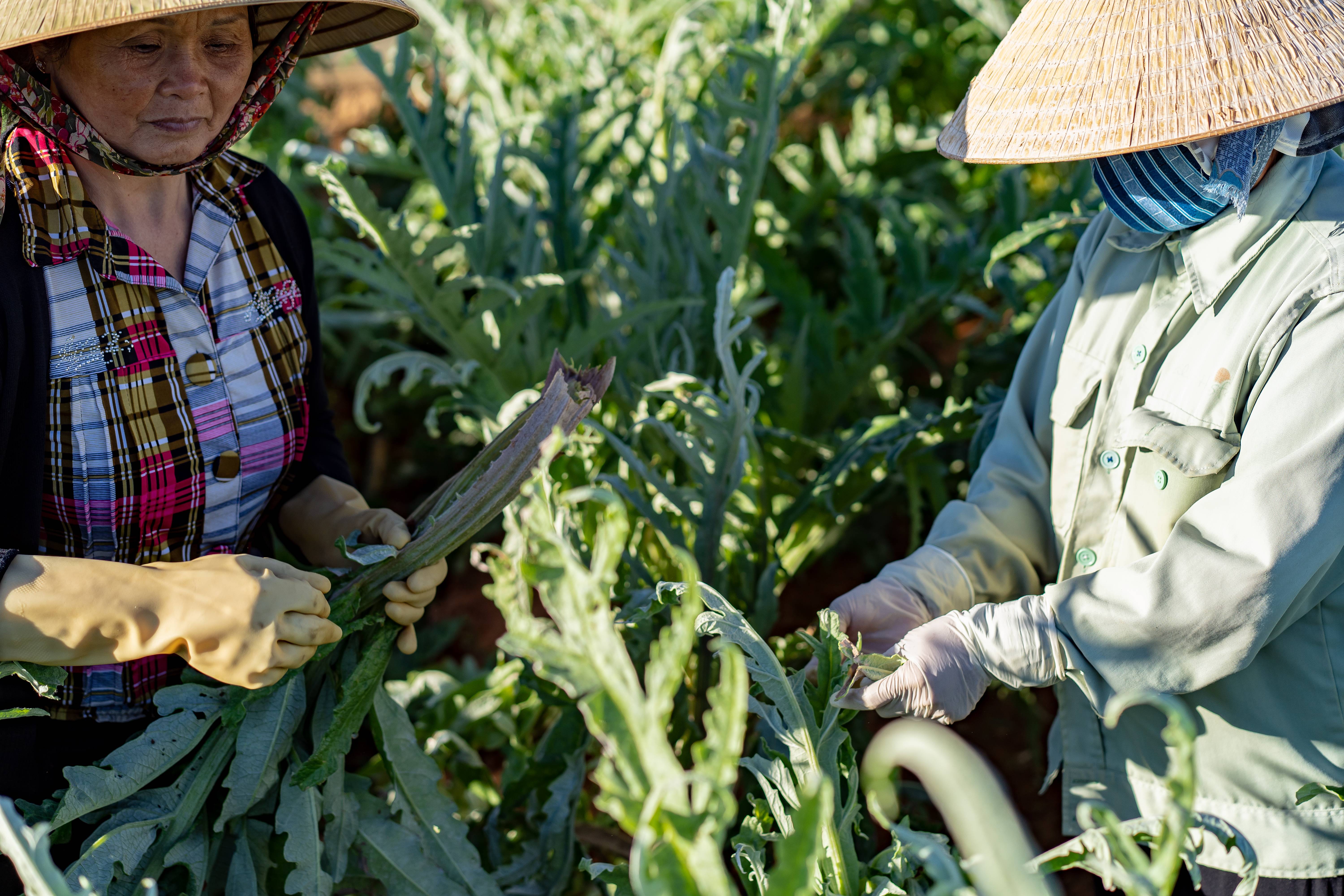
SCP Context
Vietnam National Context for SCP and Connection to the Global Agenda
With a long history of a commitment to sustainable development, including the adoption of Vietnam Agenda 21, in 2018 at the High-level Political Forum in New York, the Government of Vietnam presented its first Voluntary National Review of the Implementation of the 2030 Agenda for Sustainable Development, demonstrating its commitment to the Sustainable Development Goals (SDGs). Vietnam has also consistently implemented policies connected to SDG 12, including the National Strategy for Sustainable Development in 2011-2020, National Strategy on Green Growth in 2012-2020 and Vision to 2050, and Strategy on Cleaner Industrial Production until 2020. These policies were in line with the previous Law on Economical and Efficient Use of Energy. Vietnam’s National Action Plan (NAP) on Sustainable Production and Consumption until 2020 and Vision to 2030 is the most comprehensive and direct document which explicitly mentions SDG 12 and is intended to guide the country’s path towards sustainable consumption and production until 2030. The impacts of Vietnam’s activities on sustainable consumption and production have been considerable in some sectors. For example, the Strategy on Cleaner Industrial Production until 2020 has been widely implemented across 63 provinces and municipalities, with participation of more than 9,000 enterprises in the mining, steel manufacturing, food and beverage, chemical, construction and other processing industries. SWITCH-Asia has already implemented eight previous projects supporting Vietnam’s sustainable consumption and production efforts between 2009 and 2017 while three projects are currently running, focusing on empowering SMEs involved in improving the sustainability of the shrimp value chain, manufacturers of natural products committed to sustainable business practices and increasing sustainable freight transportation and logistics, respectively.
Challenges
- Partnerships between the government, research and development institutions and the private sector are inadequate to encourage new SCP designs and technology.
- While sustainable development is a more well-known concept and Vietnam has a higher capacity than many other countries in the region, awareness and understanding of sustainable consumption and production among consumers, the private sector (especially SMEs) and policymakers is low.
- Compulsory regulations have not been defined for government budget-dependent agencies to apply green public procurement (GPP) while standards and regulations on green public investment and spending have not been set up.
- Although the government has applied some economic tools such as taxes to discourage unsustainable behaviour, numerous goods and products that may result in environmental pollution are not subject to these taxes while tax rates remain too low to discourage sustainable exploitation of natural resources.
Priorities
In addition to responding to the challenges, there are key sectors and activities that will promote overall effectiveness SCP efforts and the long-term success of the SDG implementation including:
- Projects and programmes mentioned in the NAP on Sustainable Production and Consumption until 2020 and Vision to 2030 can be expanded and scaled-up.
- Resources should be further mobilised from international sources, the Government budget and the private sector to enhance capacity building in science and technology on sustainable consumption and production models.
- Distribution systems should be greened and a national supply chain should be developed.
- Other key sectors include GPP/eco-labelling, environmental tax reform, sustainable SMEs (textiles sector), sustainable waste (plastic), mainstreaming SCP and localising the NAP.
Opportunities
- Increase SCP technical expertise to assist in SCP implementation and to demonstrate the benefits of SCP for businesses and specifically for SMEs.
- Development of guidelines for consumers to help them in their buying decisions as well as guidelines covering investments by the private sector and government.
- Continuing capacity building with organisations with relevant expertise to prepare Government officials and business leaders to understand the necessary actions.
- Enhancing regulations and enforcement on implementing energy audits, recycling construction materials and promoting new technologies for processing waste.
SWITCH-Asia Activities
2018
SCP Facility
- Preliminary assessment of SCP related policies, activities, needs/gaps, and opportunities.
Regional Policy Advocacy Component (RPAC)
Facilitated the participation of Vietnamese key-stakeholders in the following regional/ sub-regional activities:
- Asia Pacific Low Carbon Lifestyles Challenge (19-22 Mar 2018), hosted by Thailand, regional level
- Transforming Asia Pacific: Innovative Solutions, Circular Economy and Low Carbon Lifestyles (17-19 Sep 2018), hosted by Thailand, regional level
- Asian Circular Economy Leadership Academy (3-8 Dec 2018), hosted by Thailand, regional level
2019
SCP Facility
- A multi-stakeholder consultation was organised on 26 April 2019 followed by a demand to support the update of the National Action Plan and implementation of specific activities.
- A first draft of the National Action Plan (NAP) on SCP was prepared and a first consultation was organised on 20 September 2019. A second draft of the NAP-SCP was circulated among stakeholders and a second consultation took place on 5 November 2019 and co-organised with MOIT;
- A revised and final draft of the NAP-SCP was submitted to the Prime Minister in mid-November.
- Specific terms of reference for selected thematic activities are currently being prepared.
Regional Policy Advocacy Component (RPAC)
Facilitated the participation of Vietnamese key-stakeholders in the following regional/ sub-regional activities:
- “Sustainability Reporting – Thinking Circular Economy by Businesses” - This event was organised back-to-back with 2019 Asia Pacific Forum on Sustainable Development (27 Mar 2019), hosted by Thailand, regional level
- Businesses Accelerating Inclusive Green Economies – "Leaving No One Behind” - Side event on the Responsible Business and Human Rights Forum co-organised by the Royal Thai Government, OECD, United Nations Development Programme (UNDP), ESCAP, International Labour Organization (ILO) and with the participation of the UN Working Group on Business and Human Rights (11 Jun 2019), hosted by Thailand, regional level
- 2019 Southeast and Northeast Asia Policy Dialogue and Training on “Harmonizing SPP practices and Measuring SPP benefits” - The activity took place in parallel with a series of events related to green procurement organized by the China Environmental United Certification Center (CEC) (23 - 25 Oct 2019), hosted by China, regional level
- WEBINAR: SDG 12.1 Reporting for SWITCH-Asia Countries – Connecting the dots between actions and reporting (5 Nov 2019), regional level
- Policy Dialogue on SDG12 Reporting (21 Nov 2019), hosted by Vietnam, regional level
- 2019 SWITCH-Asia Leadership Academy on Circular Economy (2-6 Dec 2019), hosted by China, regional level
- "Supporting decision making on SCP through training on Sustainable Procurement” - This event was organised back-to-back with International Conference on Sustainable Energy and Green Technology 2019 (11 Dec 2019, hosted by Thailand, regional level
2020-2021
SCP Facility
Collaboration with the National Focal Point, the Ministry of Industry and Trade Vietnam for the SCP Facility to implement the following activities:
- Development of the new National Action Plan on SCP (2021–2030), which was approved by the Prime Minister last 24 June 2020
- The NAP on SCP was translated to English for publication and launch event organised in coordination with MOIT
2020
Regional Policy Advocacy Component (RPAC)
Facilitated the participation of Vietnamese key-stakeholders in the following national activity:
- Provided technical and reporting support to mainstream circular economy into National Development Plan through process of developing 3 policy supporting documents to facilitate the mainstreaming process for the Parliament.
Facilitated the participation of Vietnamese key-stakeholders in the following regional/sub-regional activities:
- SWITCH2Green Meeting - RPAC initiated the discussion and shared the first report in 2020. (April 2020)
- MOVING THE NEEDLE ON CLIMATE CHANGE – The event was co-organised by the UNESCAP as a part of the 2020 Virtual United Nations Responsible Business and Human Right Forum (RBHRF) (10 Jun 2020), regional level
- WORLD ENVIRONMENT DAY 2020 – A media kit was provided to call for action to promote SCP as a part of the 2020 World Environment Day (WED) celebration (5-7 Jun 2020), regional level
- Intervention in regional forum: Webinar on Sustainable Lifestyles for Plastics & Packaging Waste Management During a Pandemic COVID-19 (6 Aug 2020), regional level
- SCP in Tourism: Opportunities and Challenges with COVID-19 (8 Oct 2020), regional level
- Innovation and Connectivity through Farm to Fork (13 Nov 2020), regional level
- Sustainable Lifestyles for SCP (19 Nov 2020), regional level
- Support to Steering Committee of SWITCH-Asia – Provide support for the annual Steering Committee Meeting to review each country proposed 2021 workplan (3 Dec 2020), regional level
- Regional Policy Dialogue on Circular Cities (4 Dec 2020), regional level
- Regional Dialogue Driving Mechanisms for Eco-Design in Asia (9 Dec 2020), regional level
- Leadership Academy on Circular Economy 2020 (14-18 Dec 2020), regional level
- Webinar: Innovations & Startups (16 Dec 2020), regional level
2022
SCP Facility
- Policy assessment and capacity building on “Enhancing SCP in Seafood Sector in Vietnam” conducted
- Guidelines on Sustainable Seafood on Consumption and Production (SSCP), Pangasius Manual, and consumer information materials for awareness raising campaigns prepared


